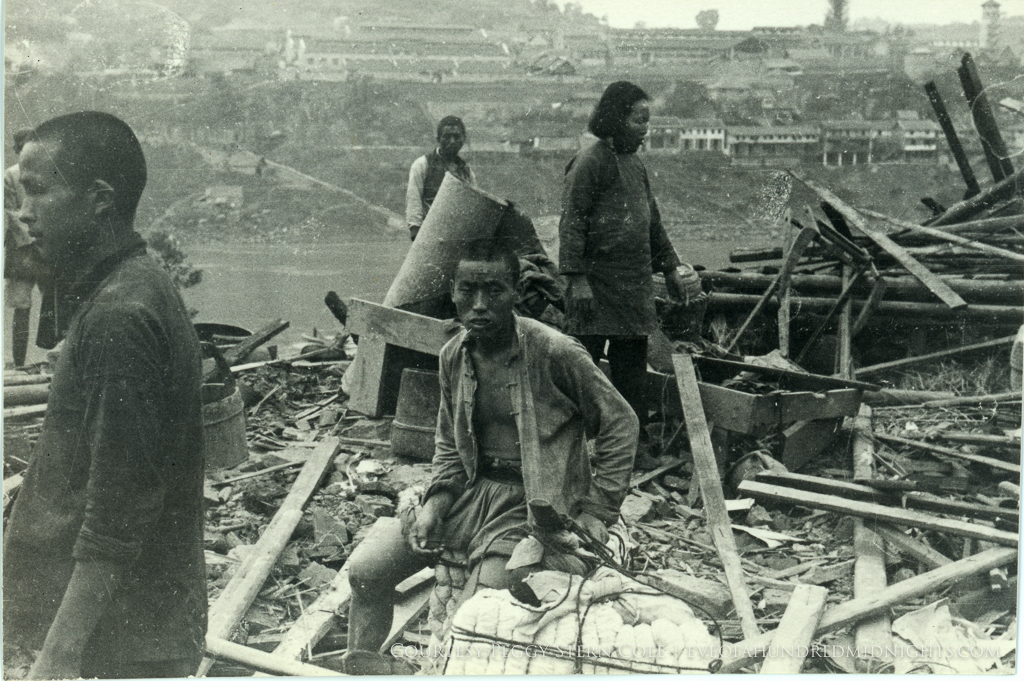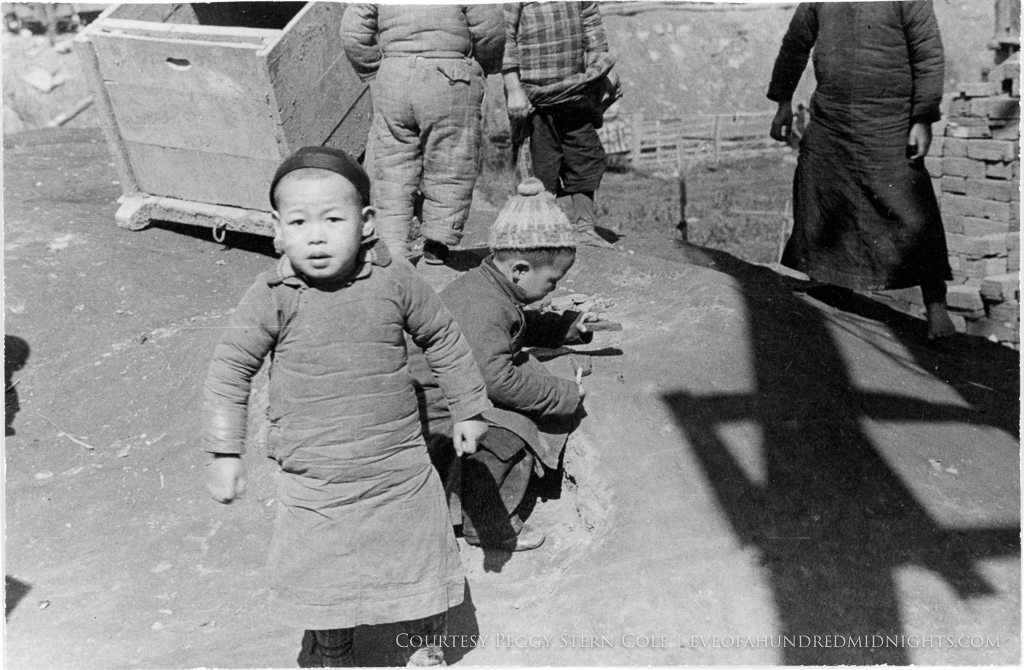Bombing Season
Three quarters of a century ago, today, at the height of “bombing season,” World War II correspondent Melville Jacoby took a brief break from his radio broadcasts for NBC, his writing and photography for Time and Life magazines to write to his mother and stepfather about life in wartime Chungking, or Chongqing, then the capital of China.
Three quarters of a century ago, today, Melville Jacoby took a brief break from his radio broadcasts for NBC, his writing and photography for Time and Life magazines, and his chaotic search for a panda -- yes, a panda -- to write to his mother and stepfather about life in wartime Chungking, or Chongqing, then the capital of China.
Though the two-page letter was heavy with detail, Mel apologized for not writing more.
"Please say hello to the family for me," he wrote. "I just can't possibly write now. Perhaps a little later after bombing season."
Bombing season. Think about that for a second. A time of year when enemy bombers were such a regular sight overhead that you never fully unpacked from air raid evacuations. You became used to the idea that an air raid will regularly interrupt your day, as if it's an inconvenience like the 4 p.m. Southern Pacific train that slows your commute. You reach a point when you can't help but be reminded of bombs even when there aren't enemy planes overhead, as Mel did every time he fell asleep in Chungking's Press Hostel:
"I can see the sky from my bed quite clearly, but we call it home," Mel wrote of the compound where many foreign journalists lived and worked together. It was an uncomfortable home, one that a shift in Japanese tactics made less comfortable by the day, but it was still home.
For more about Melville Jacoby, wartime Chungking, and life in the Press Hostel, check out Eve of a Hundred Midnights.
The Year that Changed Mel...And China
Melville Jacoby's interest in China can be traced back to 1936. That year and into 1937, during what would have been Mel's junior year at Stanford University, he went to China as an exchange student. There, he studied in the southern port city of Canton (that was the English transliteration of the time; it is now commonly transliterated as Guangzhou). He joined other American and Chinese students on the campus of Lingnan University (which still exists in another form in Hong Kong, while its original campus remains as part of Sun Yat-sen University in Guangzhou).
Melville Jacoby's interest in China can be traced back to 1936. That year and into 1937, during what would have been Mel's junior year at Stanford University, he went to China as an exchange student. There, he studied in the southern port city of Canton (that was the English transliteration of the time; it is now commonly transliterated as Guangzhou). He joined other American and Chinese students on the campus of Lingnan University (which still exists in another form in Hong Kong, while its original campus remains as part of Sun Yat-sen University in Guangzhou).
The year was as transformative for China as it was for Mel. That December, China's then leader, Chiang Kai-Shek (Jiang Jieshi) was kidnapped and held under house arrest near the city of Sian (Xi'an), leaving Chinese politics in a lurch. Though the crisis was resolved two weeks later with new (temporary) cooperation between Chinese communists and Chiang's Kuomintang (Guomindang) Party, by the summer of 1937 China went to war with Japan. Mel was there when the fighting began, and the conflict that became World War II would dominate the rest of his life and work.
But Mel was also a fairly typical 20-year-old student when he was at Lingnan, and the following pictures depict the life of a western student at Lingnan, as well as some of what Mel saw in surrounding regions of China. To see more pictures, click on the "Images of the Past" button in the menu and choose a portion of Mel's life.
Read more about Mel's story today in Eve of a Hundred Midnights, available now!
Before and After. Wartime Chongqing as Captured by Melville Jacoby's Lens.
After spending four years with the research, writing and re-writing that shaped Eve of a Hundred Midnights, I feel sometimes as if I've lived in Melville Jacoby's shoes. At least, I feel as if I've seen the world through his eyes. As you can see in the following photos, Chongqing was a place of extensive striving and, after years and years of bombing — during his stints there in 1940 and 1941 Mel experienced 168 air raids — deeply scarred yet incredibly resilient.
Perhaps no place was more important to Melville Jacoby than the city of Chongqing, China (then known to westerners as Chungking). After Japan conquered China's coast and major cities such as Nanjing, Beijing, Shanghai and Wuhan, the Chinese government was forced to flee up the Yangtze river to Chongqing, where it transformed what had been something of a backwater into China's wartime capital. As I wrote in Eve of a Hundred Midnights, which was published last month, Chongqing was "simultaneously brand-new and decrepit. Fast becoming the 'most bombed' city in the world, it was also the epicenter of the country for any serious journalist." It was squalid, dangerous and extremely uncomfortable, yet, somehow, irresistible, as Mel attested:
“Few foreigners desert Chungking without wanting to return," Mel wrote. “The set formula is to tell friends in Hong Kong what a hell-hole they are missing, and then to rush right back on the next plane loaded with only thirty pounds of clothes and bare essentials.”
As you can see in the following photos, Chongqing was a place of extensive striving and, after years and years of bombing — during his stints there in 1940 and 1941 Mel experienced 168 air raids — deeply scarred yet incredibly resilient. I recently browsed Mel's photos again to share at my book readings (please get in touch if you'd like to host me in your community) that he saw these characteristics in Chongqing, and I've chosen the following photos to illustrate some of the contrasts of life in the city that Mel documented:
Click Thumbnails For Larger Images
After spending four years with the research, writing and re-writing that shaped this book, I feel sometimes as if I've lived in Melville Jacoby's shoes. At least, I feel as if I've seen the world through his eyes. His letters describe what he witnessed and experienced in China and the Philippines in such depth that as I read them, I feel my legs straining up and down Chongqing's steep hills, that I hear the thud of bombs raining upon an air raid shelter, and that my heart beats in anticipation as my fiancée lands in the Manila Bay barely a week before Pearl Harbor.
Beyond these letters, though, Mel took hundreds, if not thousands, of photographs, most of which have ended up in my hands. Unfortunately, I was only able to include a handful in my book. While I chose compelling photos, they were mostly limited to photos that portrayed Mel, Annalee and the people they knew. However, I knew readers who enjoy the book would also want to see more of the world and the era Mel did.
If you like these photos, please keep on eye on this web site and let me know what you think. I'm going to continue to share glimpses of what Mel saw here. Unless otherwise noted, the photos you will see in this series were all shot by Melville Jacoby and provided courtesy of Peggy Stern Cole, Mel's cousin and my grandmother.
Meanwhile, if you haven't already, please head to one of the booksellers listed here or your favorite bookstore to pick up Eve of a Hundred Midnights. If you like it, would you rate it on Goodreads, Amazon, Powell's, or wherever you purchased it? Customer reviews will make the difference in ensuring the book is seen by as many people as possible.
Come for the Book Cover and Release Date, Stay for the Food Poisoning
So, I could tell you a story about food poisoning and crazy rides across the Philippines, but I suspect you want to know what the cover of my book looks like, or what its final title and release date will be, or how you can pre-order it, or read about some fascinating characters from Portland who played both heroic and sinister roles in World War II.
So, I could tell you a story about food poisoning and crazy rides across the Philippines, but I suspect you want to know what the cover of my book looks like, or what its final title and release date will be, or how you can pre-order it, or read about some fascinating characters from Portland who played both heroic and sinister roles in World War II. So let's get to it!
Coming June 21, 2016 from William Morrow & Co:
It was QUITE a long road to get here, but I'm thrilled to say that outside of one last proofread for style and clarity, the manuscript of my book, Eve of a Hundred Midnights, is complete. You can expect to pick it up from your favorite bookseller on June 21, 2016. I'll send out proper pre-order links once a few more booksellers' websites have bene updated, but the intrepid among you may find some on my publisher's web site.
Meanwhile, while you're waiting to read the book, take a glance at this month's edition of Portland Monthly, which explored the heroes, villains and rogues from Portland's history. I looked at two of these characters. One was Japan's foreign minister, Yōsuke Matsuoka, who yanked his country out of the League of Nations and into the arms of the Axis with Germany and Italy, and was also raised by a Portland family and a graduate of the University of Oregon School of Law. The other was Hazel Ying Lee, a heroic pilot born in Portland and the first American woman of Chinese descent to fly for the U.S. military. Lee was one of the Women Airforce Service Pilots, or WASPs, though she died just before finishing her service with the program.
Both stories were fascinating subjects that I only learned about in working on this book; I've discovered so many in this long process and hope to share more as time and resources allow.
Lapu-Lapu's Revenge
But, hey, you don't care about covers and book titles and magazine articles, right? I bet what you really want to read about is intestinal infortitude. Well, I give readers what they want, so read on!
As I was sprawled on my bathroom floor early this morning after an entirely unwelcome repeat encounter with last night's dinner, it occurred to me that last time I had food poisoning I was in Shanghai. High above the South China Sea, my stomach felt as tumultuous as relations between the country I was leaving, the Philippines, and the one to which I was returning, China.
This was a rapid turnaround from a few hours earlier, when I'd bought myself lechon to celebrate finding a key location in my book -- an abandoned beach club that was once used as a hideout by Mel, Annalee and their friends as they escaped the Philippines. It was on the island of Cebu, a skinny sliver a few hundred miles southeast of Manila, in a town just outside Cebu City, the island's capital. Aside from its role in my story, Cebu is known for lechon, and I was eager to try it. But because roasting a pig to make lechon, it's only available for a brief window every evening. Given how compressed my time on Cebu was, I had to make book research my priority.
It had been all I could do not to just give it up, get some lechon, skip the research and park myself on some sterile resort beach on the nearby island of Mactan. The night before I reached Cebu, I'd arrived by ferry to the port of Caticlan on the northwest tip of the island of Panay. A gazillion tour operators convinced I was confused, didn't want to go south, but instead wished to visit nearby resort-heavy Boracay descended upon me. I shook them off, insisted I was headed south, and squeezed myself into a packed van bound immediately -- I was assured -- for Iloilo, on the other side of the island.
Two hours after I was told we would leave, I began a frightening ride wedged on a front bench, seatbelt-less, between the driver and another passenger, with my backpack at my feet. We finally left just as it began raining, a condition that paired swimmingly with my driver's speed down the winding, two-lane highway that hugged the edge of Panay. Texting the entire way and apparently quite frustrated by the person on the other end of the line, he weaved around construction sites, slowing only to cross himself whenever we passed a churchyard. All the while he crooned along with to the 80s power-rock ballads burned on CDs that he flipped in and out of the stereo. My only sanity came from joining the driver for renditions of familiar Journey and Bon Jovi tunes I'd absorbed as a child in 1980s America; when you're far from halfway anywhere and it's clear the man behind the wheel is driving on a prayer, belting out "Wh-oa, we're half way there" takes on new significance. When we finally stopped three hours later so my driver could take a pit stop (and call the friend he'd been texting), I decided not to prolong the ordeal on another ride across Negros, then Cebu, and used the sliver of cell phone reception I had to blow my budget and spend $40 on the next plane ticket I could get from Iloilo to Cebu (yes, by that point, forty unexpected dollars were a big budget excess). Five hours after leaving caticlan, I found the one decrepit hotel in Iloilo still accepting new guests at that late hour, slept in my clothes for two more, took a cold shower, then left for the airport as soon as it was open.
This is all to say that when I reached Cebu, a beach day sounded really nice. But I was determined to find the reporters' temporary hideout. Fortunately, locating it -- a story, perhaps, for another time -- also meant finding a beach, albeit not one with glimmering white sands or an endless supply of cocktails at the ready (though one with stunning views that Annalee and Mel would have shared, and one with amazing, hospitable locals who invited me onto their porches). After sticking through to find the club, lechon seemed like a good reward, and I enlisted a group of boys in the nearby village to help me find the best stand around. Despite their dogged efforts, every place the boys took me was closed (as were other eateries). So I decided instead to save myself some hassle and grab a cab back to Cebu City and the airport on Mactan. On the way, I was happy to see that one of Cebu's most highly-touted lechon restaurants had a location near the airport. I was early for my flight, so I told my driver to stop there so I could get my long-anticipated award.
To be honest, the the smoothie I had there was better than the lechon, though I know understand the error of ordering a smoothie in a place where one is urged not to drink the water. While I'm not sure which dish led to the bacterial infection I'd discover in a few hours on my flight to Shanghai, my lechon stop came with another bonus. I'd already spent my remaining pesos on the cab and didn't want to withdraw more before leaving the Philippines, so I used a credit card to pay. I hadn't been worried about security as the place I was eating was a widely-known, well-appointed business on Cebu. But a week later, after I was back in the United States, the bank that issued that card called me to ask if I'd indeed spent $12,000 on sporting goods from Under Armor. Besides not knowing HOW one spends twelve grand on sporting goods, given how frequently I've hit my head on credit limits this year I couldn't help but be amused by the absurdity of the matter; fortunately my laughing credit card rep could see how absurd the situation was and immediately understood that I hadn't authorized the purchase.
This is all to say that when I woke up at 3:30 this morning with my stomach reeling, I realized that the last time I spent seven hours half-awake and crouched over a toilet was in the stall of a Shanghai hostel's co-ed bathroom, where I voided the last of that lechon. Thankfully, I maintained my composure just long enough to avoid doing so across a Chinese customs inspector's desk. Dodging the international incident that was sure to come just long enough, I instead ejected my meal in an airport bathroom, then gathered my faculties enough to repeatedly shout "búyào" (don't want) at the taxi-scammers who even at 1:30 a.m. swarmed around lǎowài (foreigners) like me, rode to the city, and began my uncomfortable introduction to Shanghai. I took the next three days to recover, but I finally did, and with just enough time to grab one more Chinese meal before I left for my long flight back to the United States.
I recount all this because I'm also reminded of another fact; as uncomfortable as my food-poisoning was and as harrowing as I may have found my journey across Panay, I experienced it fully aware that Mel and Annalee's own journey to Cebu had been on a boat that had to travel by night, that it they had taken it panicked by Japanese reconnaissance planes that circled over their heads on idyllic Philippines beaches, and that they'd fled again just before an enemy cruiser reached Cebu and shelled the city, only to sail into an ocean filled with threats hoping one day to tell their story.
I hope I've done justice to that story. You'll be able to decide whether I have done so on June 21.
P.S. If you'd like to help me acquire my own sporting goods, Pepto-Bismol or seatbelt, I'd truly appreciate your contribution.
When We Recognize Yesterday In Today
"Chaos has made wanderers out of 15,000,000 people. These people, not only Jews, torn from their homes will soon command the world's attention. For unless an intelligent situation is found, the dire effects of mass migrations will be felt over and over again during the coming centuries. It is hardly up to the refugees themselves. They are so completely befuddled that only happenstance guides their course."
"Chaos has made wanderers out of 15,000,000 people. These people, not only Jews, torn from their homes will soon command the world's attention. For unless an intelligent situation is found, the dire effects of mass migrations will be felt over and over again during the coming centuries. It is hardly up to the refugees themselves. They are so completely befuddled that only happenstance guides their course."
From "Jews in Exile" by Melville Jacoby, writing as Mel Jack, for the Los Angeles Times on January 14, 1940. As 1939 began, about 70 Jewish people lived in Shanghai, China. As war broke out across Europe, Jews forced to flee the conflict and the Holocaust were turned around by nations all over the world, including the United States. Because of its unique status as an international city, Shanghai was one of the few places to allow refugees to enter, and the city's Jewish population swelled to around 17,000 by the time Mel was there, though, as Mel wrote, the city and its leaders would soon clamp down on this population.
Sound familiar?
Paying the Price for a Smoking Gun
By the time I had the confidential State Department documents in my hands, I was five days into my research trip to Washington, D.C., I'd flipped through hundreds, maybe thousands of pages of dusty, sometimes crumbling government documents, private letters from publishing luminaries, and even water-stained diaries from hungry, stranded soldiers unaware of a coming death march through mosquito-infested, sweltering jungles.
Now I need your help to keep looking.
By the time I had the confidential State Department documents in my hands, I was five days into my research trip to Washington, D.C., I'd flipped through hundreds, maybe thousands of pages of dusty, sometimes crumbling government documents, private letters from publishing luminaries, and even water-stained diaries from hungry, stranded soldiers unaware of a coming death march through mosquito-infested, sweltering jungles.
All of it was fascinating, but more than halfway through my trip, little of what I'd found was of use to me. I'd spent nearly every dollar I had to travel to the National Archives and the manuscript division of the Library of Congress, and I still hadn't found a smoking gun. I needed something that would allow me to triangulate Melville Jacoby's position amid all the myths and memories of World War II that have bled into our consciousness over three quarters of a century.
I'd ended the previous week sifting through a slender box containing thousands of typed index cards. They mapped the paper trails of countless other lives who'd crossed paths with U.S. diplomatic officials at the height of World War II. As the day drew to a close and I began to crumble — I'd barely slept for a week, rushing first thing every morning to the repositories and staying until librarians forced patrons to leave — I saw Mel's name.
I pulled the card, somewhat surprised to learn it led to a "confidential file" from 1942. I'd fantasized about discovering once-secret documents related to Mel, but knew I could have been over-romanticizing his life. It wasn't the only card I found. There was another, more somber file indexed. Beneath a bureaucracy of typed decimal reference numbers read the title "Death in Australia of Melville J. Jacoby, American Citizen."
It would be three more weeks — indeed, yesterday morning — until I received a copy of that file, but in truth, I already know perhaps more than I want to know about Mel's death. What I sought at the archives that week was more of his life. That Monday morning, the stack of telegrams that began with a blaring all-caps "CONFIDENTIAL FOR TIME, INC., WITH MY APPROVAL, FROM JACOBY," sent by Francis B. Sayre, the U.S. High Commisisoner for the Philippines, was a treasure.
In time I'll unveil why what was within mattered, but I'm bringing it up now to explain that the find didn't come easily, nor cheaply, nor does it mean I'm done working. Today I leave for California and visits to two university special collections, and I need your help more than ever. Can you spare a few dollars so I can keep searching for history?
Here's a breakdown of what I'm spending and why I need your help:
- $836.56 — Amount spent for a round-trip flight from Portland to Washington, eight days of food and Metro fares, but mercifully excluding lodging, thanks to three terrific hosts.
- Emptied — The Amtrak Guest Rewards balance and Southwest travel credits I used for travel between Portland, San Diego and Palo Alto for a second, 15-day-long trip beginning today.
- $720 — Approximate combined total of expected food, transportation and other research-related expenses over the next 15 days.
- [Redacted] — Current abysmal balance of my savings account, especially following today's rent.
- $380 — Total amount I've received in contributions to support research travel this Spring.
- None — Outside income expected from freelance writing and editing clients during my trip.
- $1177.56 — Amount I still need just to break even for this trip.
- Priceless — The generosity of six households inviting me to stay during portions of each trip, thus saving me from paying for three weeks of lodging.
When I wrap up this second trip, I will have spent the better part of five weeks searching for Mel's story in the haystacks of archives and special collections libraries. That also means five weeks travelling, pulling documents, sifting and reading them, taking notes, processing what I've found, all on top of time I've been spending drafting new chapters of my book, revising my proposal and further developing my platform (That's also five weeks without time to report or research other paying stories, apply for outside jobs, or seeking alternative funding).
Why This Matters
Writing nonfiction is as much an archaeological dig as it is a creative endeavor. Sure, if I want to bash my keys into the form of a story, I can assemble a thin skeleton resembling Melville Jacoby's experience. As that comparison implies, such an outline would lack life.
It turns out that aside from my trip to California I'll have to go back some day to the National Archives. Five days split between there and the Library of Congress were too few to process the hundreds of files that contain relevant documents. Now I know where to target my next search, but I'll need to return to the archives to conduct it.
In the past three weeks I've also confirmed that there once existed a film of Melville and Annalee Jacoby's last kiss. I know who shot the film, though I do not yet know whether it has survived the decades. It may very well rest in an archive somewhere, but I'm going to need your help to find it.
But as much as this dig matters to me, what does it mean for you? What do you care if I find some record detailing the tonnage of the boat Mel rode through the Philippines 72 years ago? Why should you be interested in him, particularly given that it will probably be a while before you read much about him (but don't miss this story in which he makes a guest appearance)?
Perhaps it's the mythic nature of this story: Given a choice between following his passion straight through danger and uncertainty or a secure, but unchallenging, career move, Mel chose to leap. In doing so, he not only connected with his eventual wife, Annalee, a woman making a similar gamble in pursuit of her passions, but found a job far more promising than the safe opportunity he'd sacrificed. With the world erupting in flames around them, Mel and Annalee's lives intertwined. Together, they braved great danger to chronicle the horrors around them. Finally, after a tremendous escape and much sacrifice, they reached a serene, peaceful refuge, where home beckoned and nothing seemed capable of going wrong ...
This is a grand story of a world teetering on the precipice of historic upheaval, an intimate tale of two young people with the world laid out before them, and a glimpse of moments of tenderness they're able to share amid the harshest circumstances.
While I find this story compelling, it's possible that's not what will motivate you to offer a few dollars. Might there be other reasons you'll contribute? Have I ever entertained you? Were you ever intrigued by something I've written or said elsewhere? Did you ever laugh at one of my tweets or status updates. Was I the one to introduce you to my neighborhood goats? Has their been a reporting trend you found out about or an under-discussed natural danger you've learned about because of me? Maybe I helped you discover a new way to get around your city.
I wonder whether there's something more personal that might convince you to support me. Have I ever introduced you to a new friend or helped you find a lover? Perhaps we've cheered for the Dodgers together. Maybe we took a class together, or whiled away a few hours over beers. Did we run miles and miles together? What about traveling; have we crisscrossed the country or explored a foreign city together?
Maybe we've held each other's hands. Maybe we've kissed. Maybe we've fought.
Perhaps we've cooked a meal together or whiled away a Sunday morning at brunch. Perhaps we've stayed up dreaming, regretting or reminiscing. Perhaps I witnessed your wedding or watched your children grow up. Perhaps I celebrated your career and cheered your triumphs.
Maybe you once sat in awe listening to Mel's tale and told me who should play the leads in a movie of this life, wondering why no publisher has picked it up yet, let alone a film studio.
There's another potentially more likely possibility: we may have never met. It's quite likely we've never shared anything beyond existence in this moment. But maybe you recognize something in these words, some kind of yearning for it all to finally click, for something to come of years of work.
Maybe you don't want to give me anything. So, I wonder, what would you suggest? What should I do to keep these wheels turning? Where do I find work that I can pour myself into while still being able to tell Mel's story? How can I fund that story? What am I missing?
Search Posts
Archived Posts
- March 2024 1
- October 2023 1
- October 2022 2
- December 2017 1
- April 2017 1
- February 2017 1
- January 2017 1
- November 2016 2
- August 2016 2
- July 2016 2
- December 2015 1
- November 2015 2
- September 2015 3
- April 2015 1
- March 2015 1
- February 2015 1
- January 2015 4
- August 2014 1
- May 2014 1
- April 2014 4
- March 2014 6
- December 2013 1
- November 2013 1
- August 2013 3
- May 2013 2
- April 2013 1
- December 2012 3
- November 2012 2
- October 2012 2
- September 2012 3
- August 2012 6
- July 2012 4
- June 2012 1
- May 2012 6
- April 2012 2
- March 2012 3
- January 2012 2
- September 2011 2
- August 2011 2
- July 2011 1
- May 2011 9
- April 2011 2
- March 2011 1
- January 2011 2
- November 2010 1
- October 2010 1
- August 2010 3
- July 2010 1
- June 2010 1
- May 2010 12
- April 2010 2
- March 2010 1
- January 2010 1
- December 2009 1
- November 2009 4
- October 2009 2
- September 2009 2
- August 2009 1
- July 2009 1
- June 2009 4
- May 2009 1
- March 2009 5
- February 2009 4
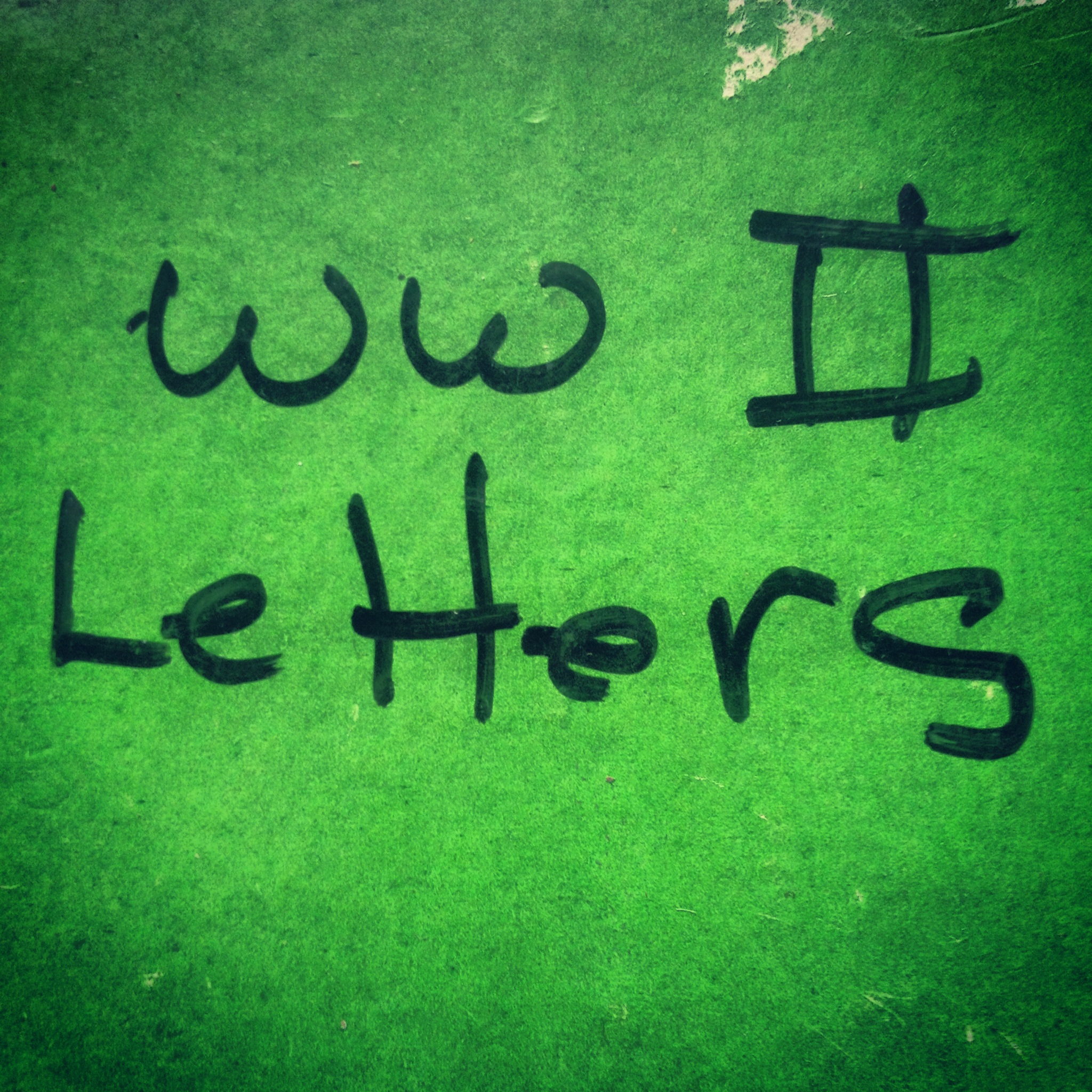

![The Canton Landing [Front].jpg](https://images.squarespace-cdn.com/content/v1/51db1d79e4b03e2f06324d97/1473380873324-VJXP95LPJKSKH3YX0ME4/The+Canton+Landing+%5BFront%5D.jpg)
![Typical Canton Street Scene [Front].jpg](https://images.squarespace-cdn.com/content/v1/51db1d79e4b03e2f06324d97/1473380887168-QG8KGN67431O5CFBSPU1/Typical+Canton+Street+Scene+%5BFront%5D.jpg)
![Typical Canton Street Scene [back].jpg](https://images.squarespace-cdn.com/content/v1/51db1d79e4b03e2f06324d97/1473380886234-AWCQAHCJZGI2NXOXPESO/Typical+Canton+Street+Scene+%5Bback%5D.jpg)
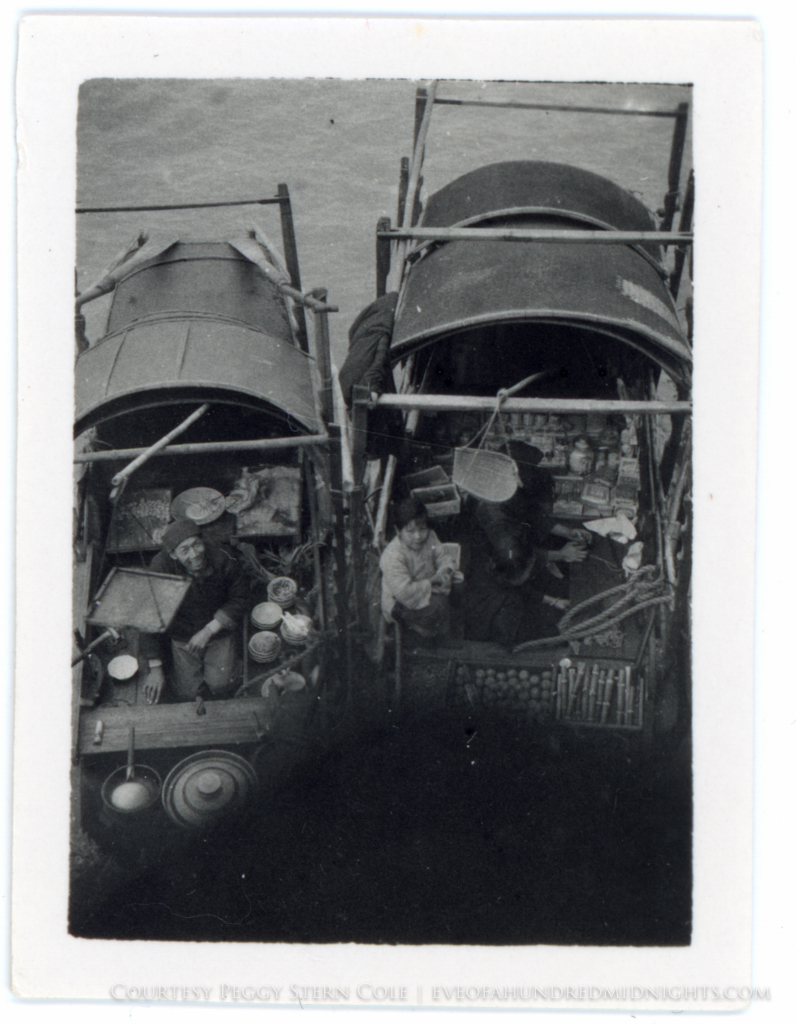
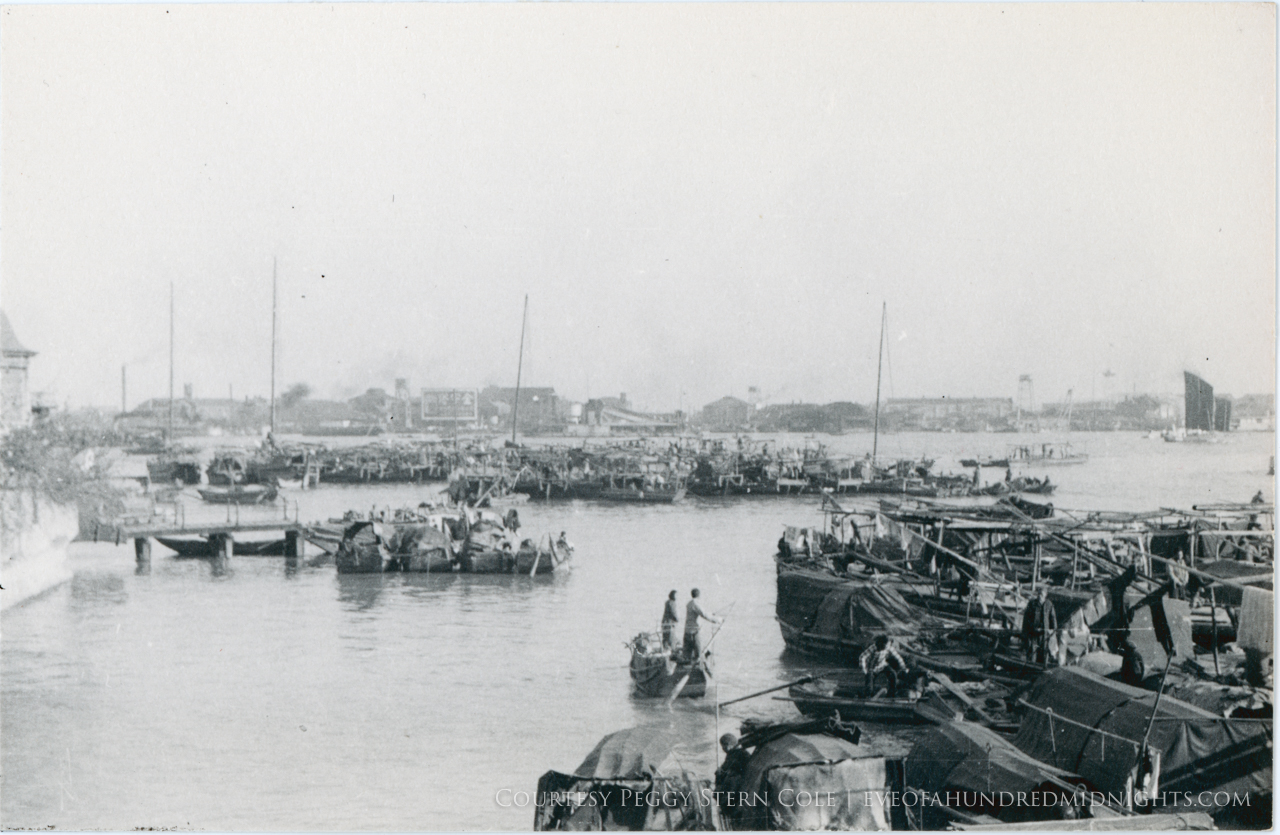
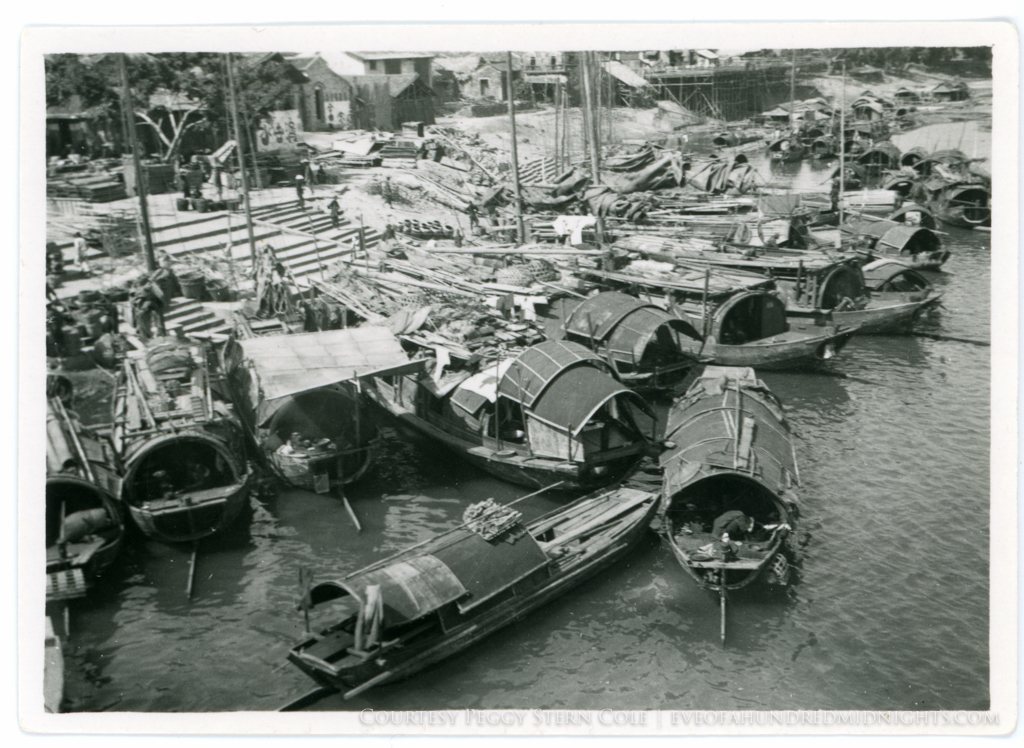
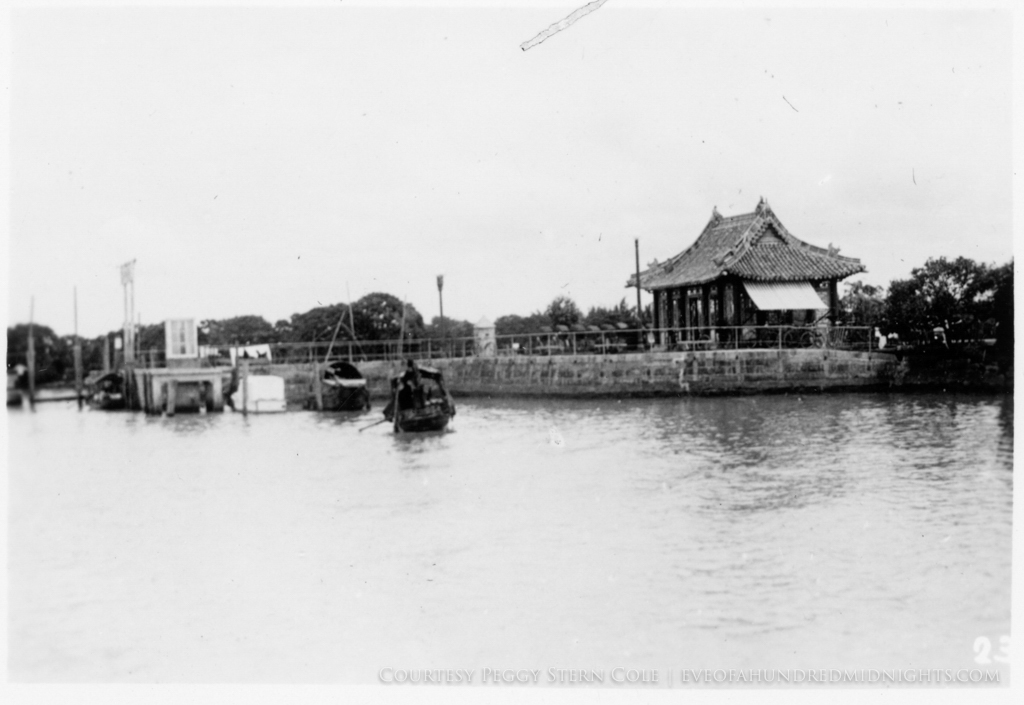
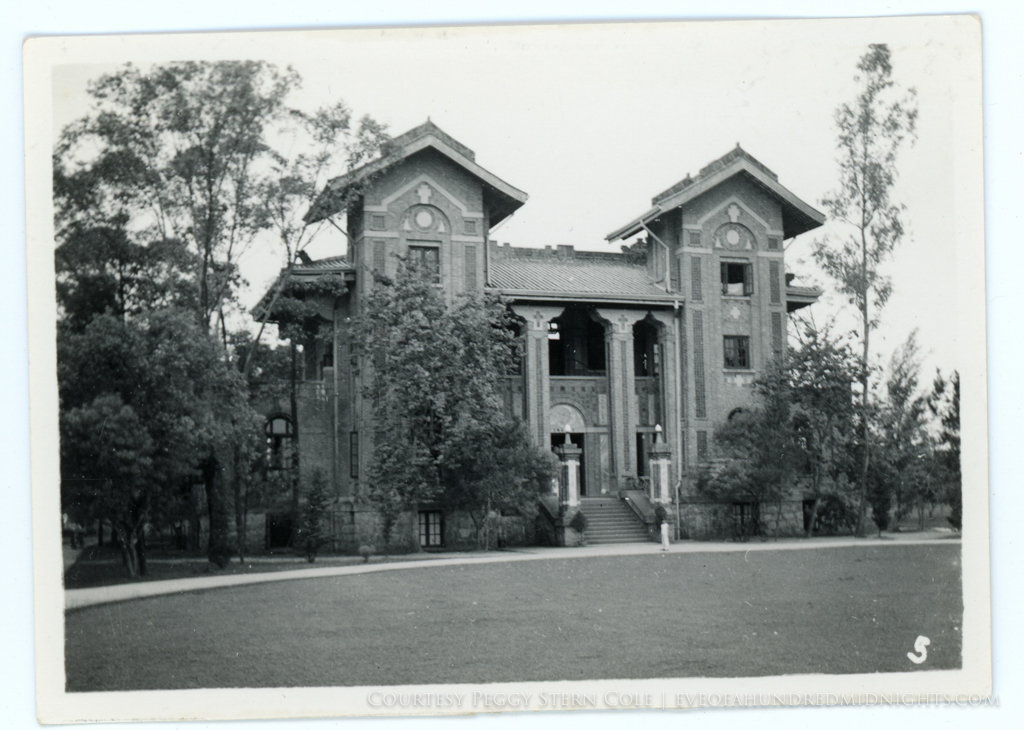
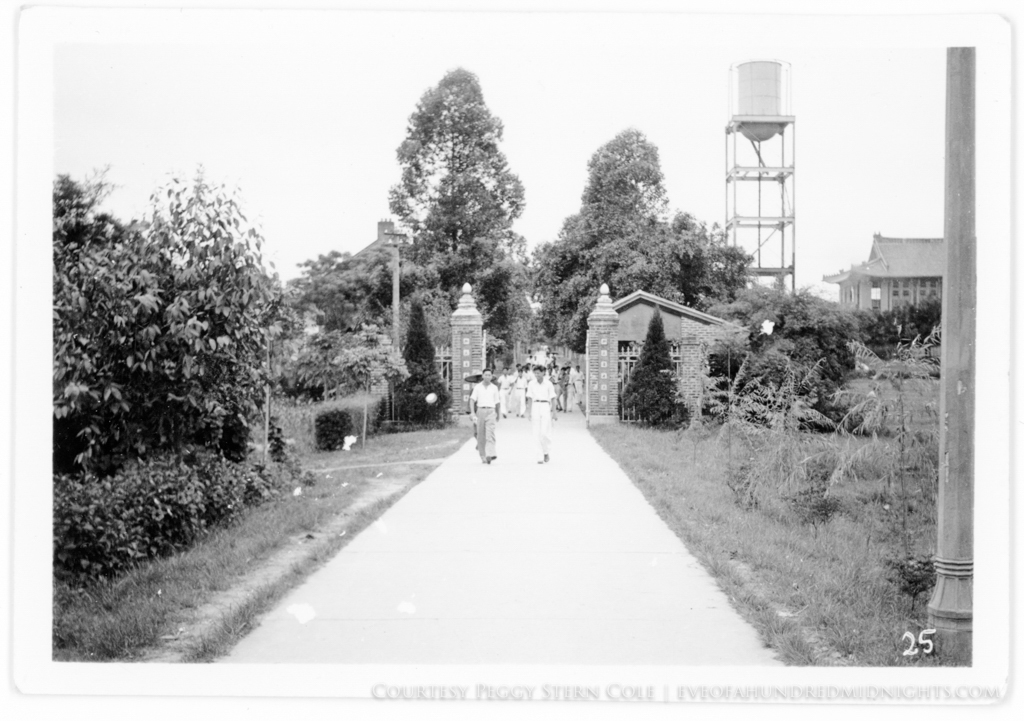
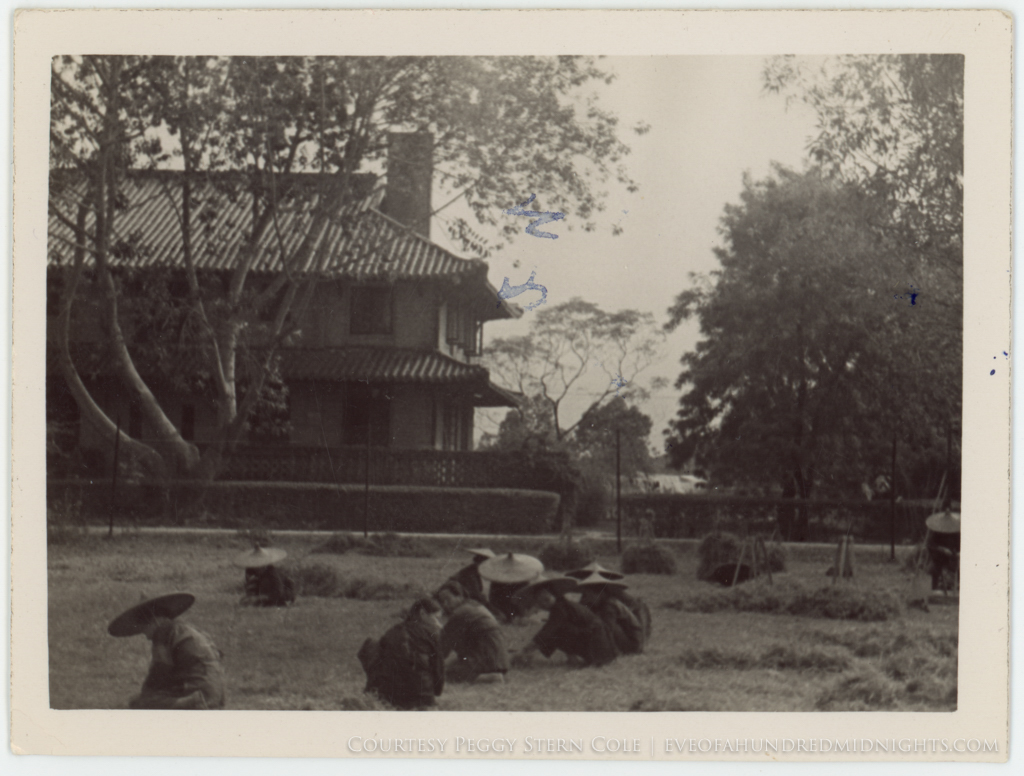
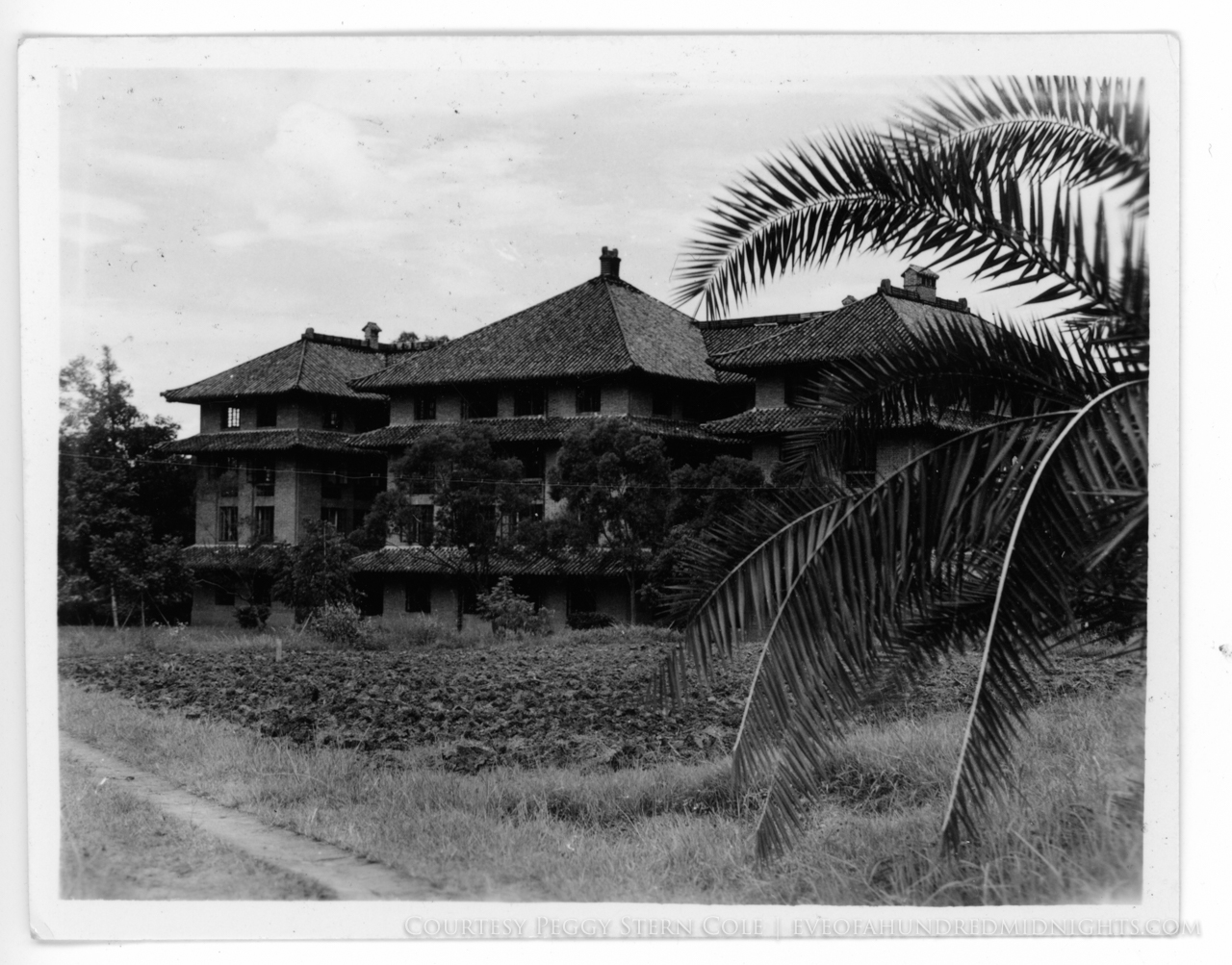
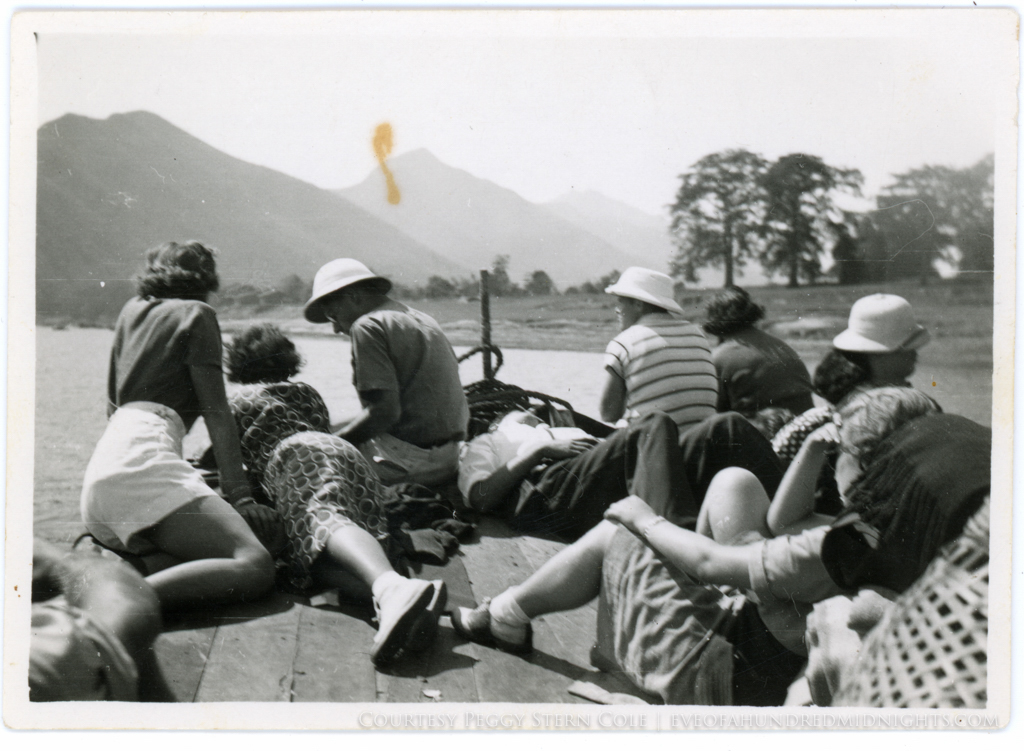
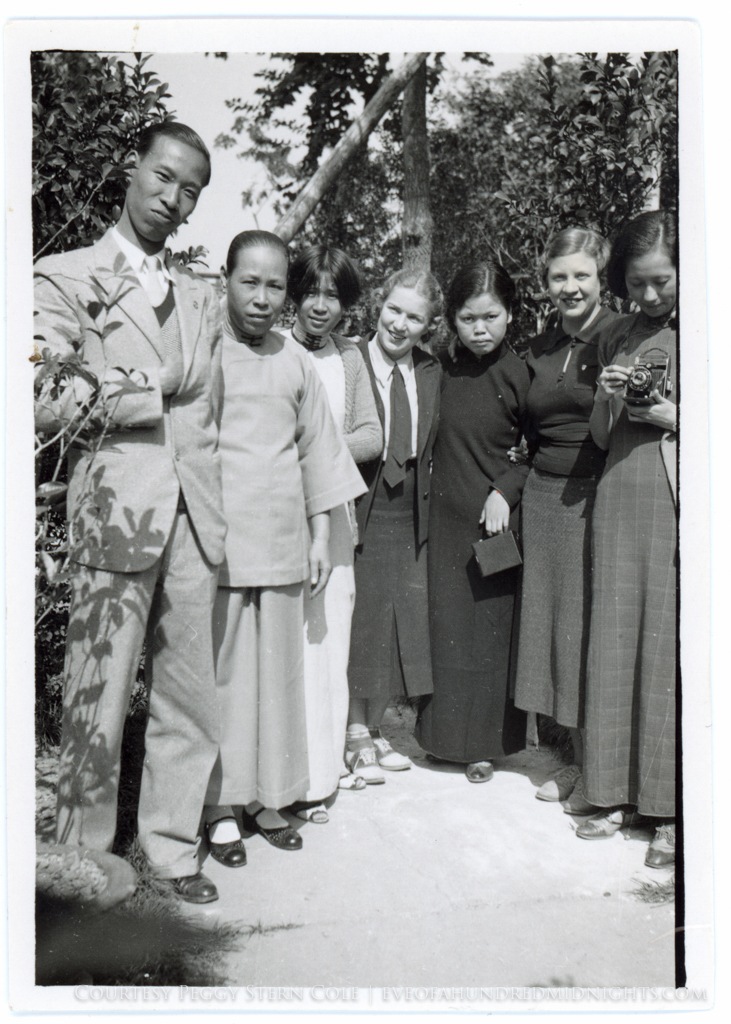
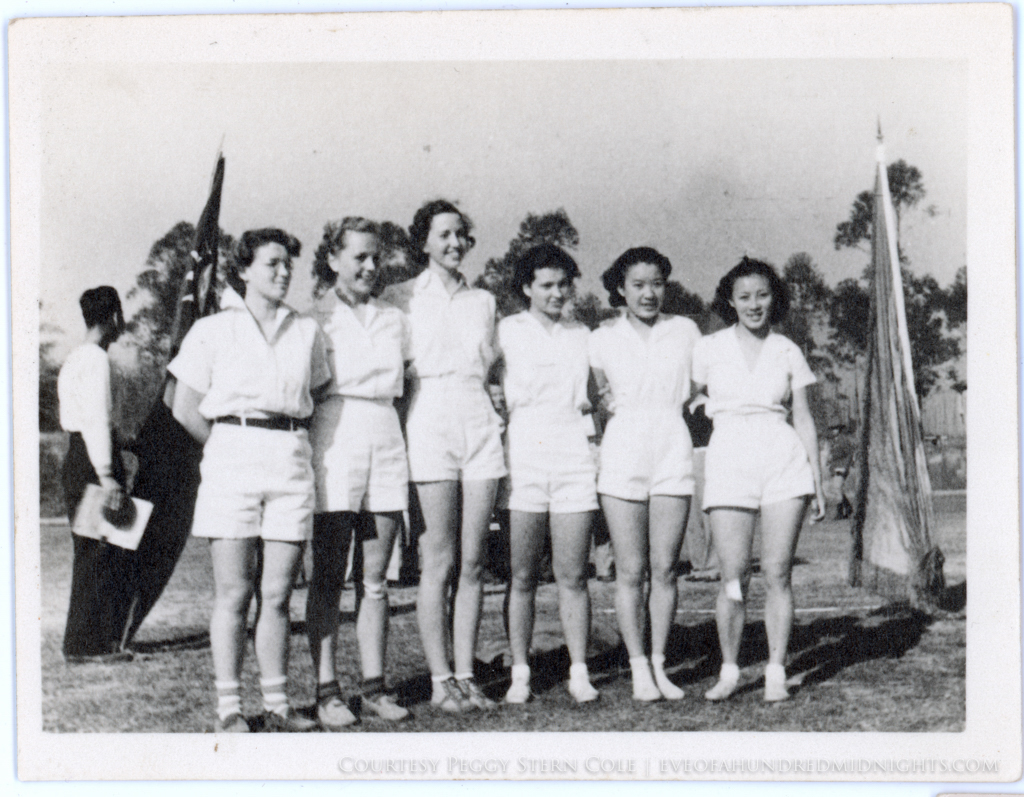
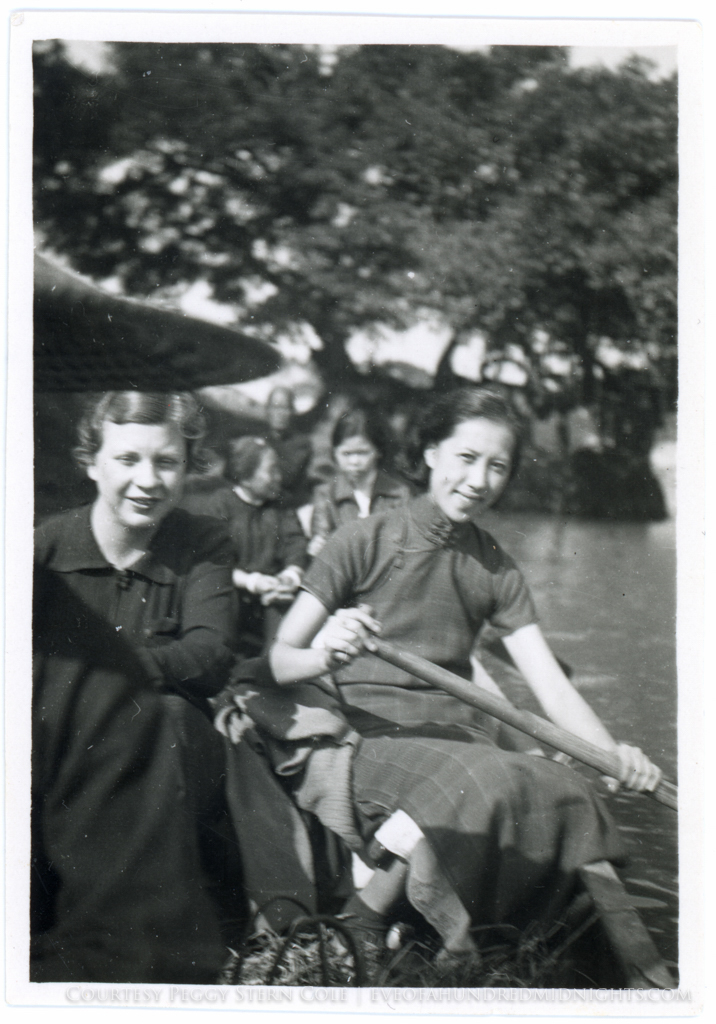
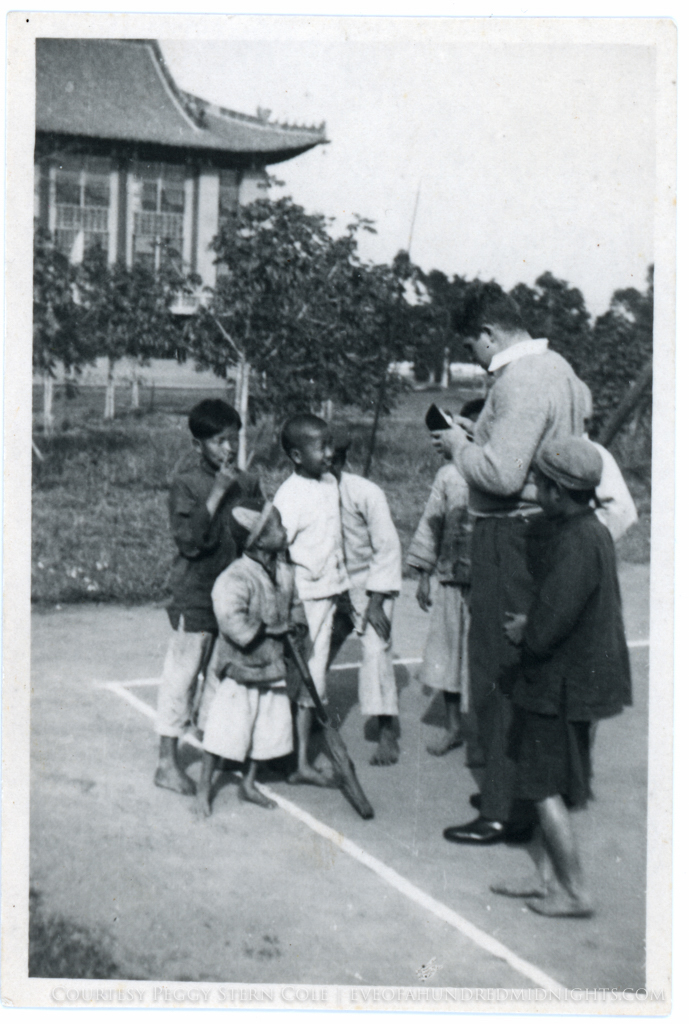
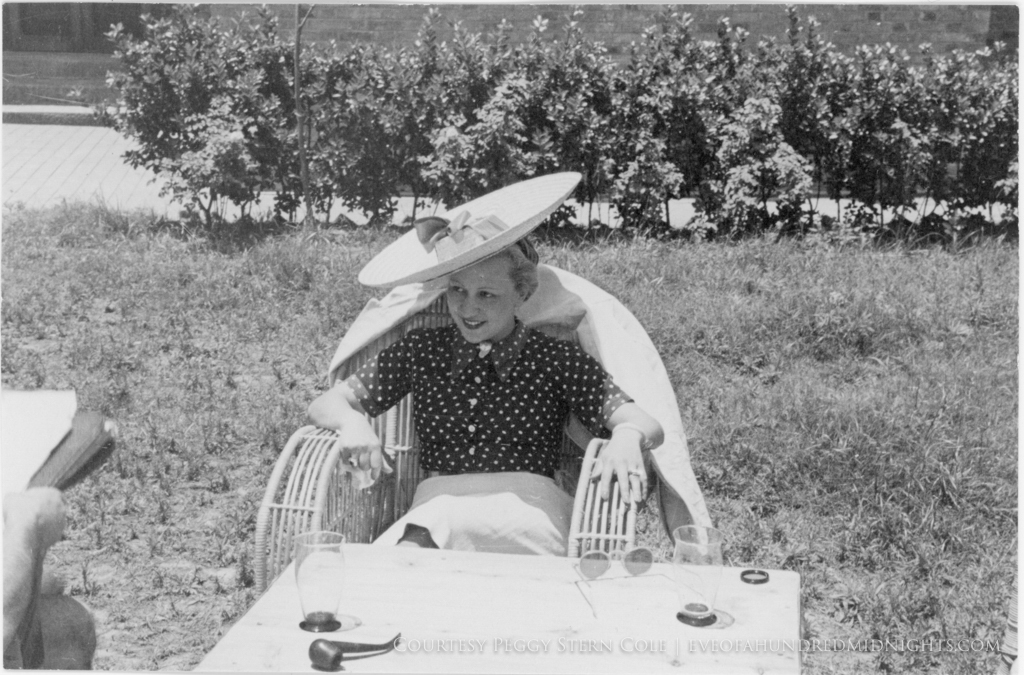
![One of the Hawaiian Chinese Girls [Front]-2.jpg](https://images.squarespace-cdn.com/content/v1/51db1d79e4b03e2f06324d97/1469736497421-JDTW1R4G8WMPFTPGWLYA/One+of+the+Hawaiian+Chinese+Girls+%5BFront%5D-2.jpg)
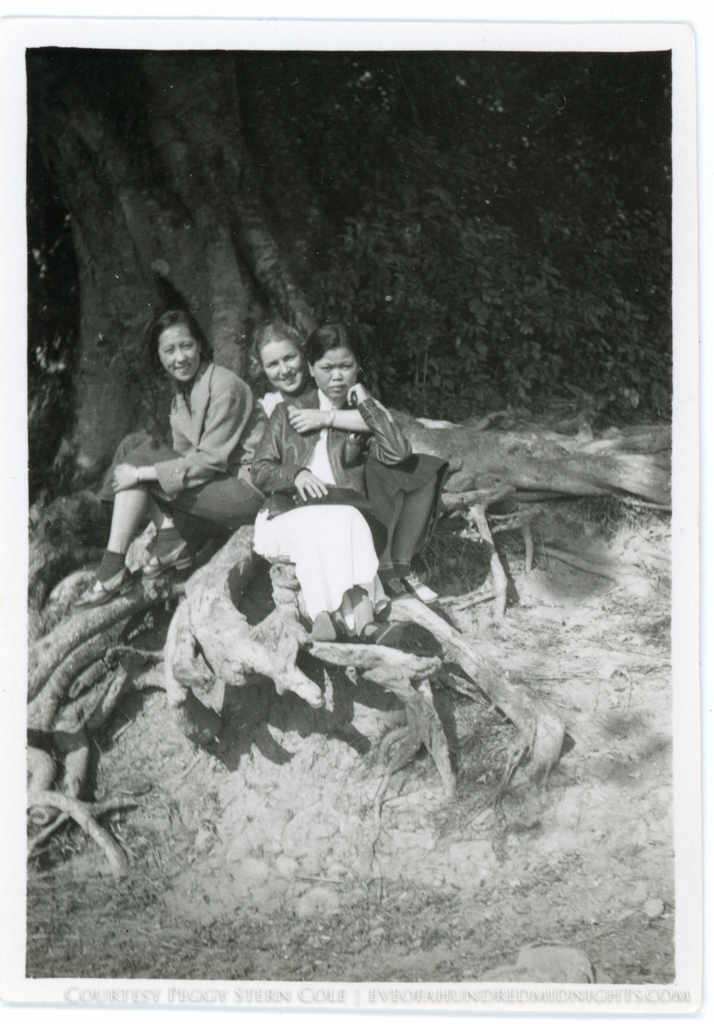
![Lingnan Meal With Students Identified [Front].jpg](https://images.squarespace-cdn.com/content/v1/51db1d79e4b03e2f06324d97/1469736475226-XQ155UF2HIZ4DW5DZXMO/Lingnan+Meal+With+Students+Identified+%5BFront%5D.jpg)
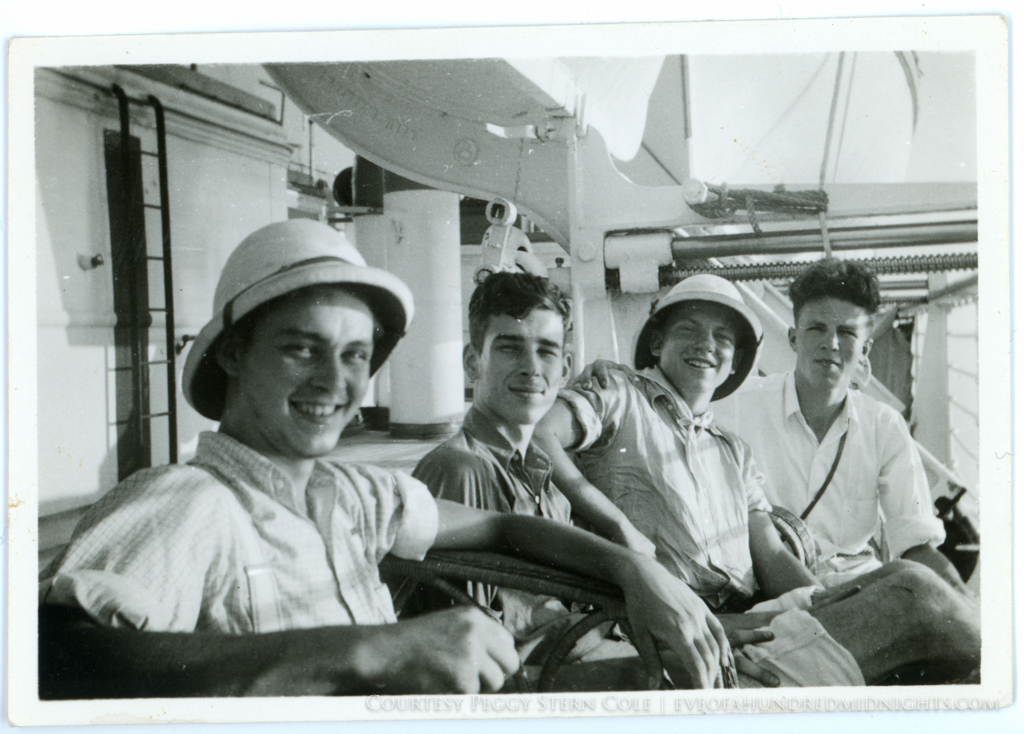
![Head Ama Ay Ti [front].jpg](https://images.squarespace-cdn.com/content/v1/51db1d79e4b03e2f06324d97/1469736463411-HWUEGD604VBMRKON0J2U/Head+Ama+Ay+Ti+%5Bfront%5D.jpg)
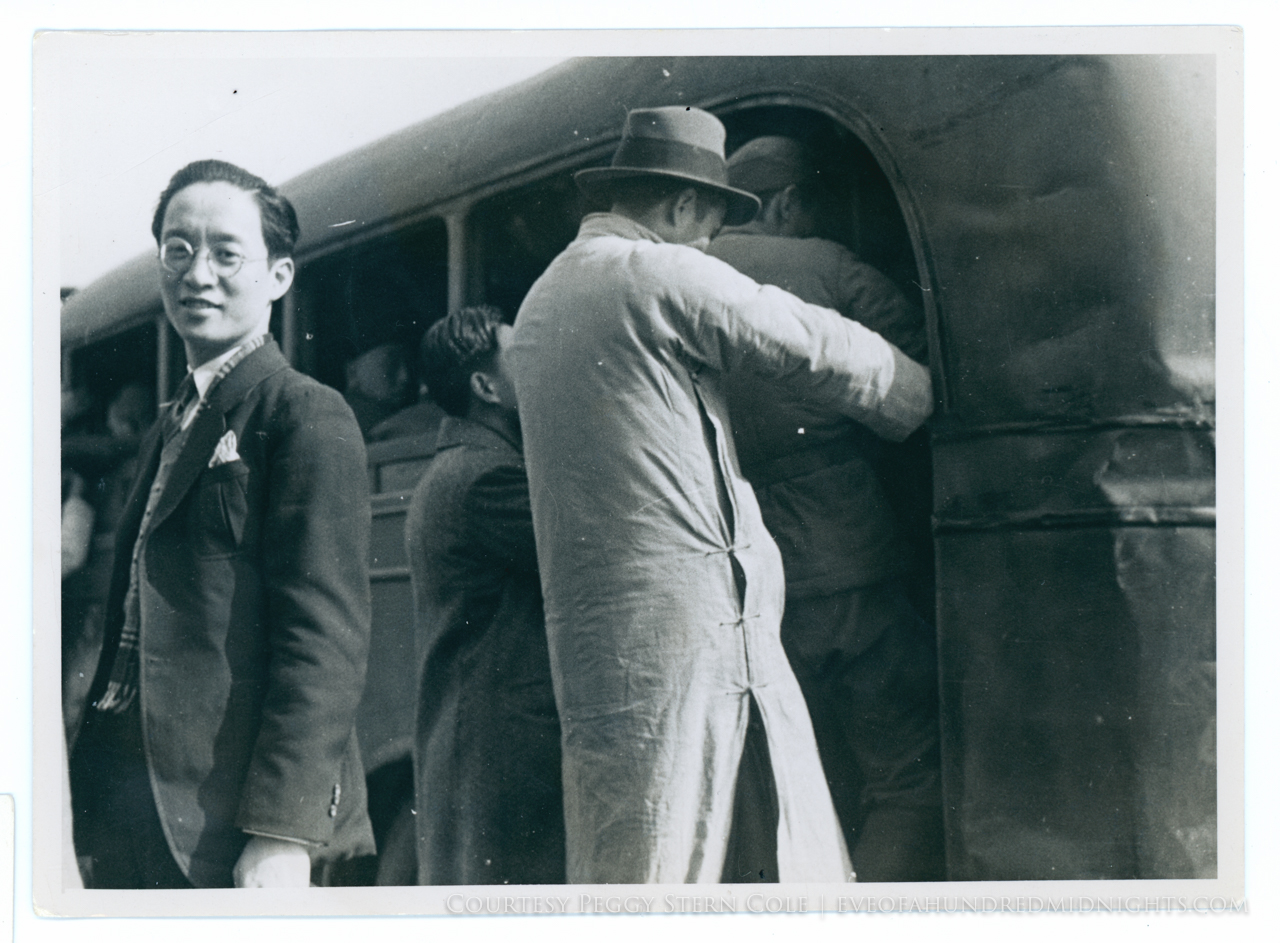
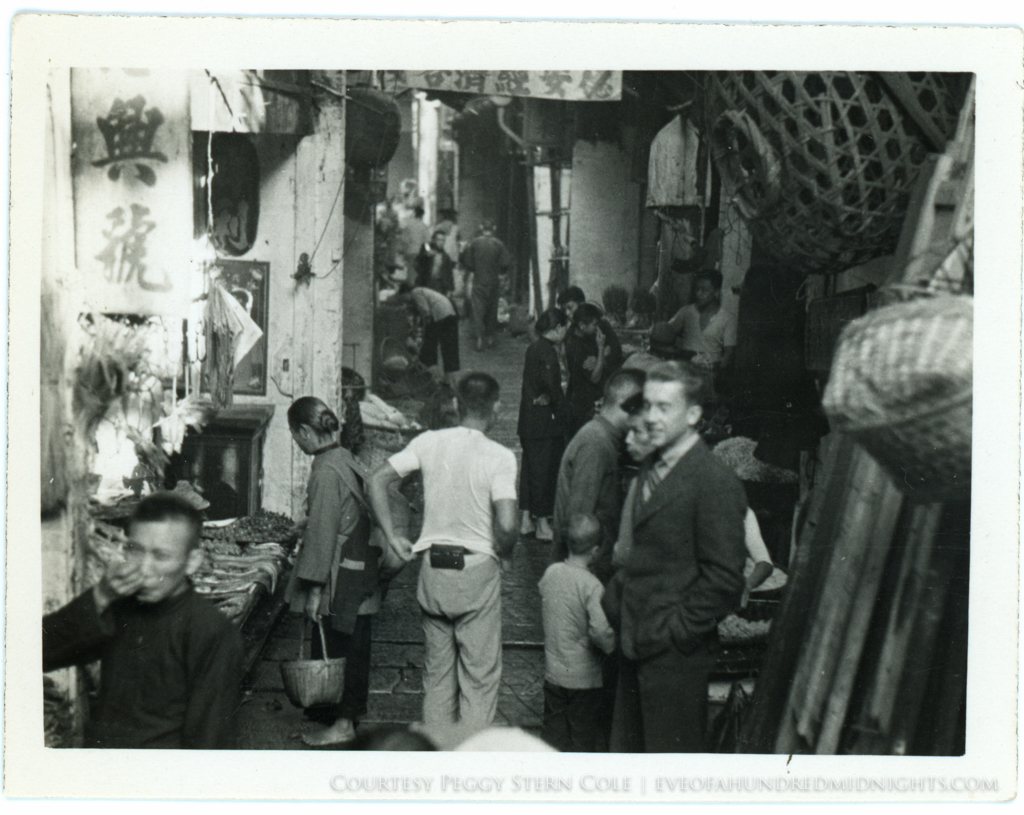
![Chinese Dragon Up Close [Front].jpg](https://images.squarespace-cdn.com/content/v1/51db1d79e4b03e2f06324d97/1469736442019-XIW0UYWY93YT1ENOU2AN/Chinese+Dragon+Up+Close+%5BFront%5D.jpg)
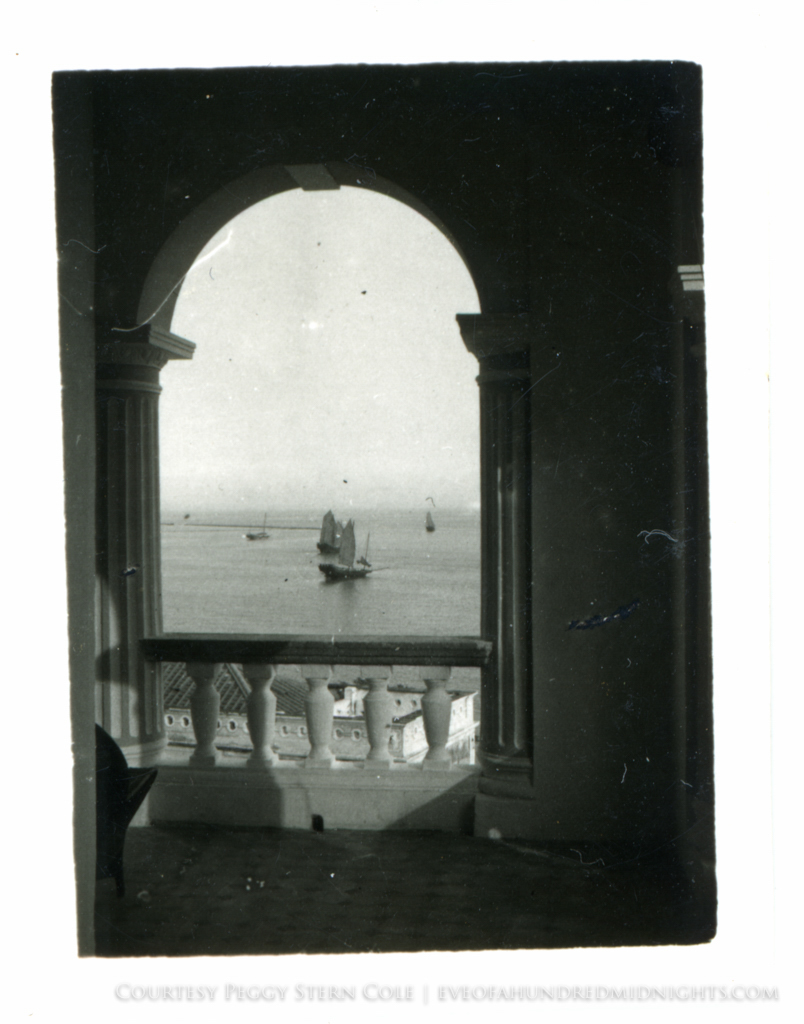
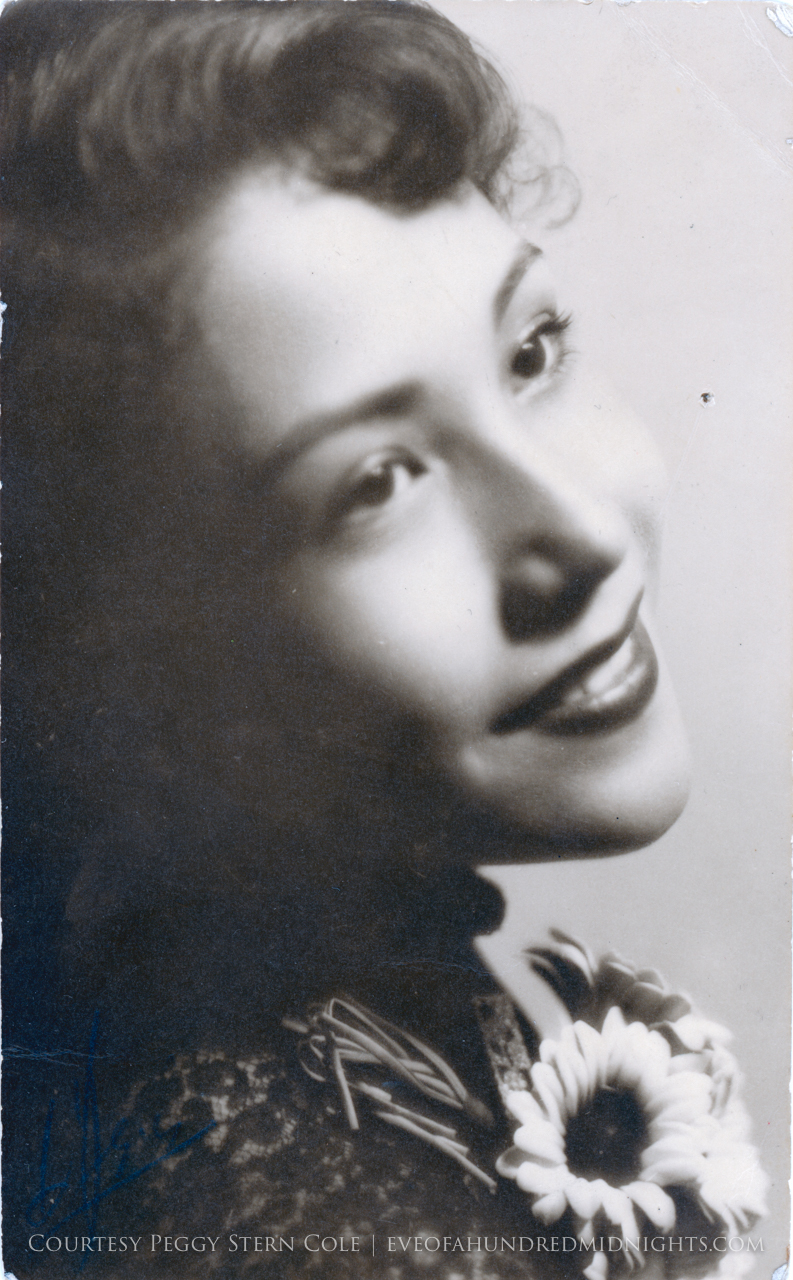
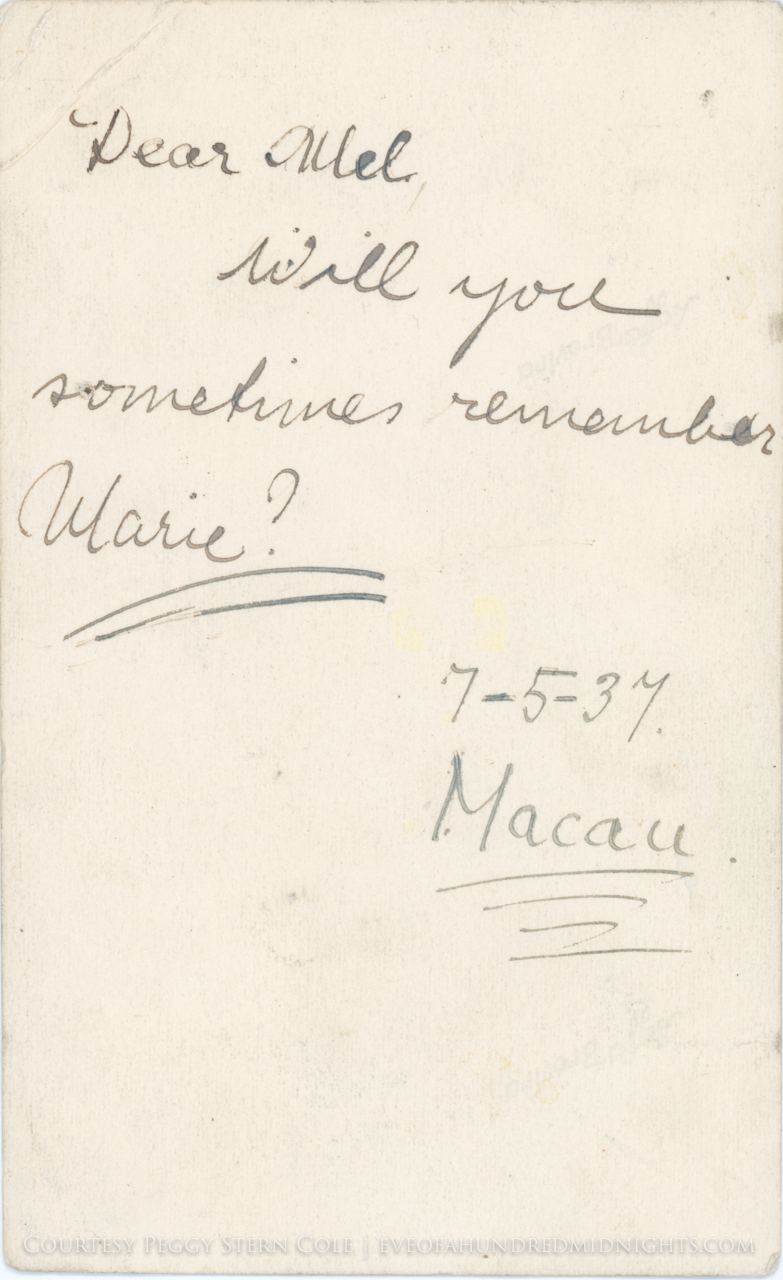
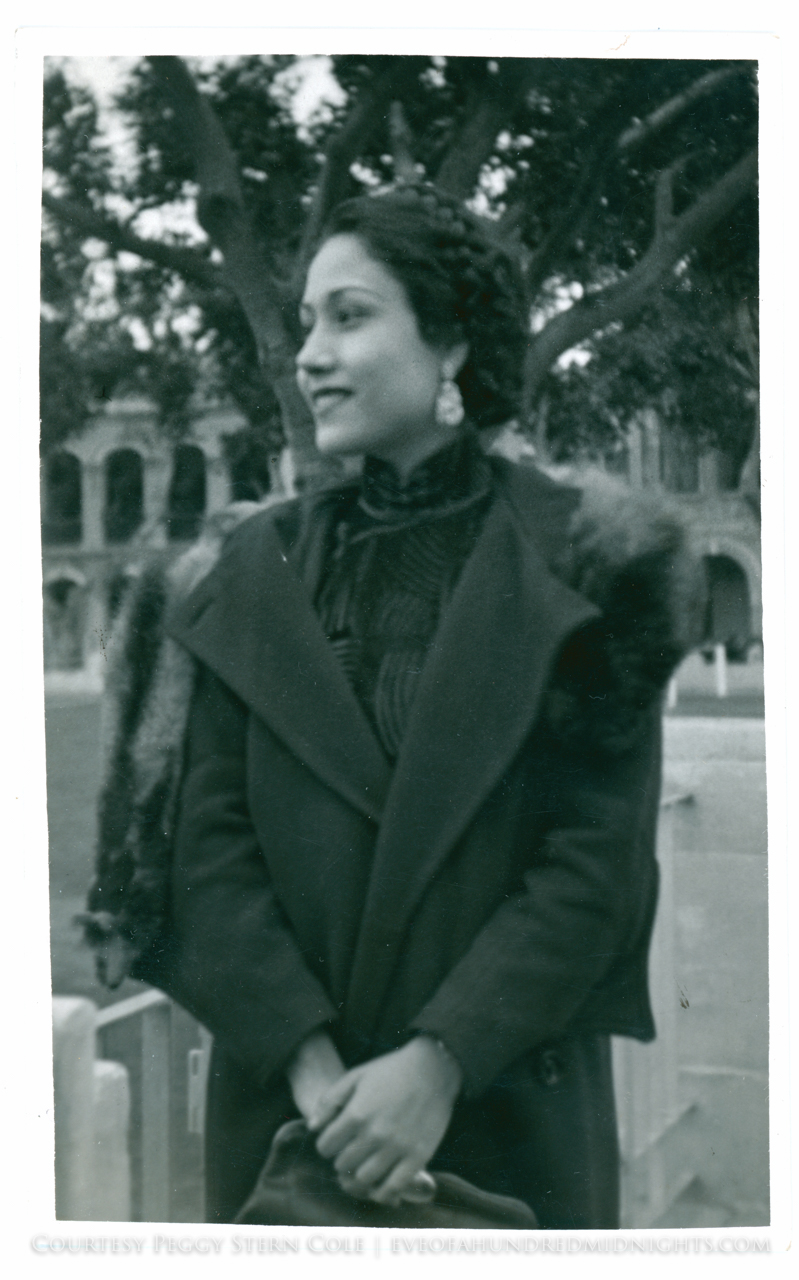
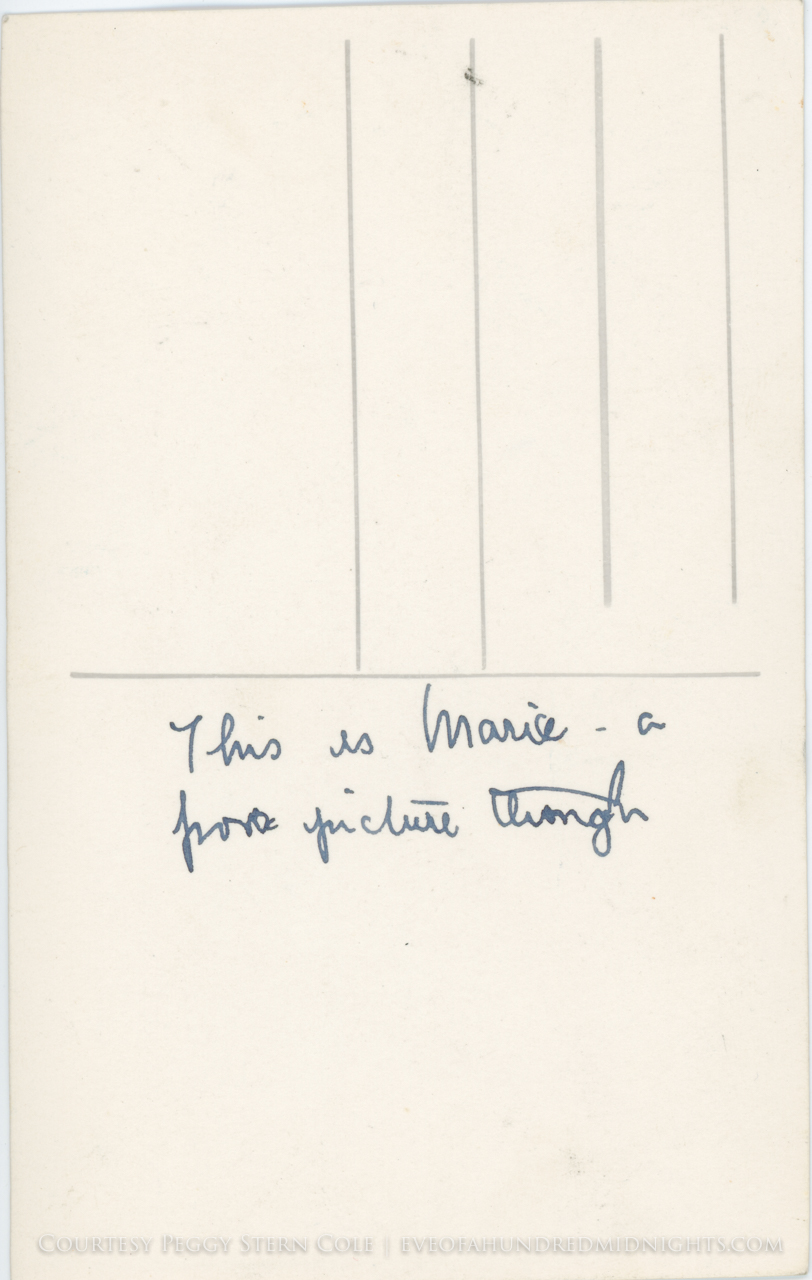
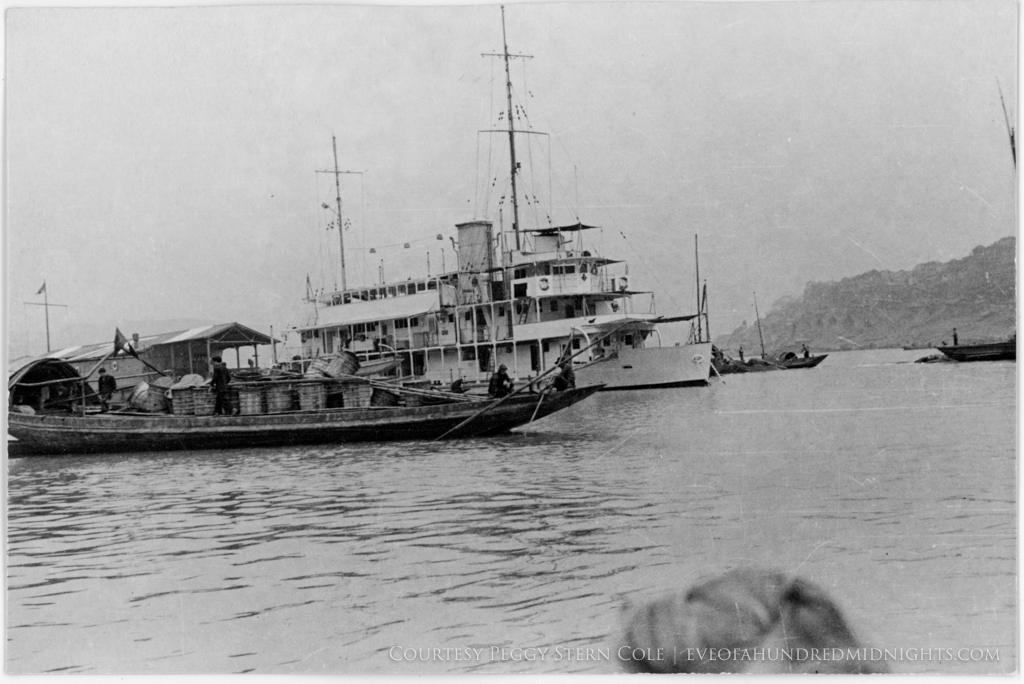
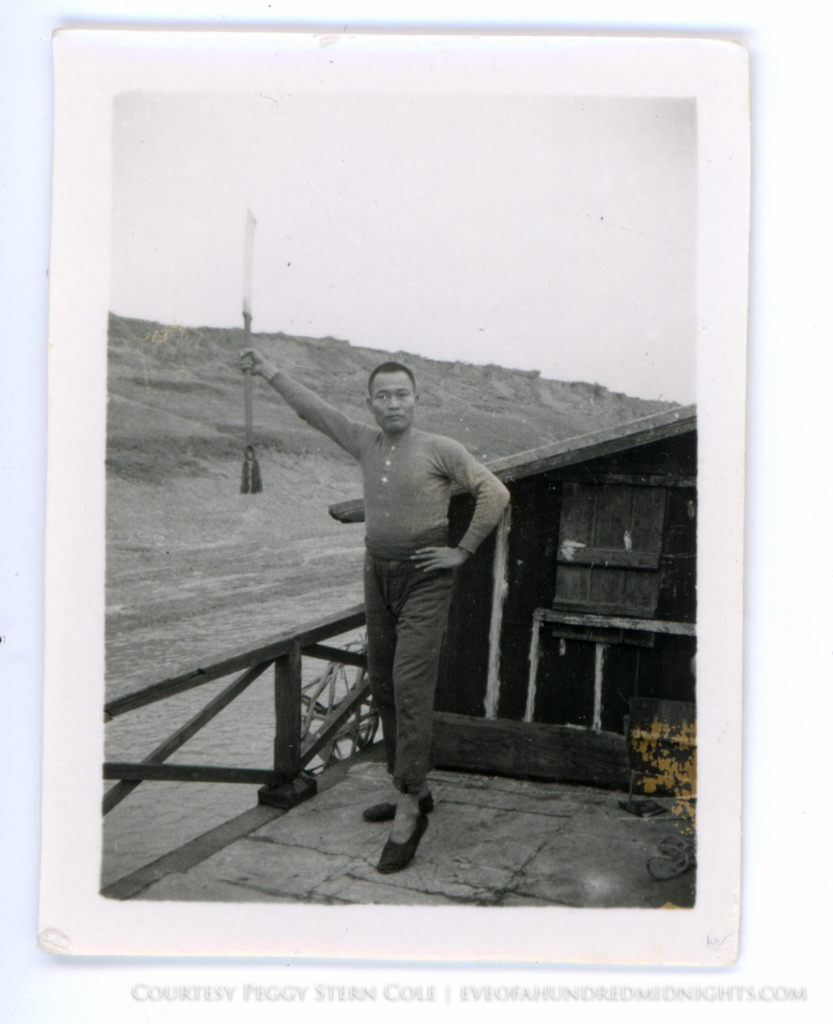
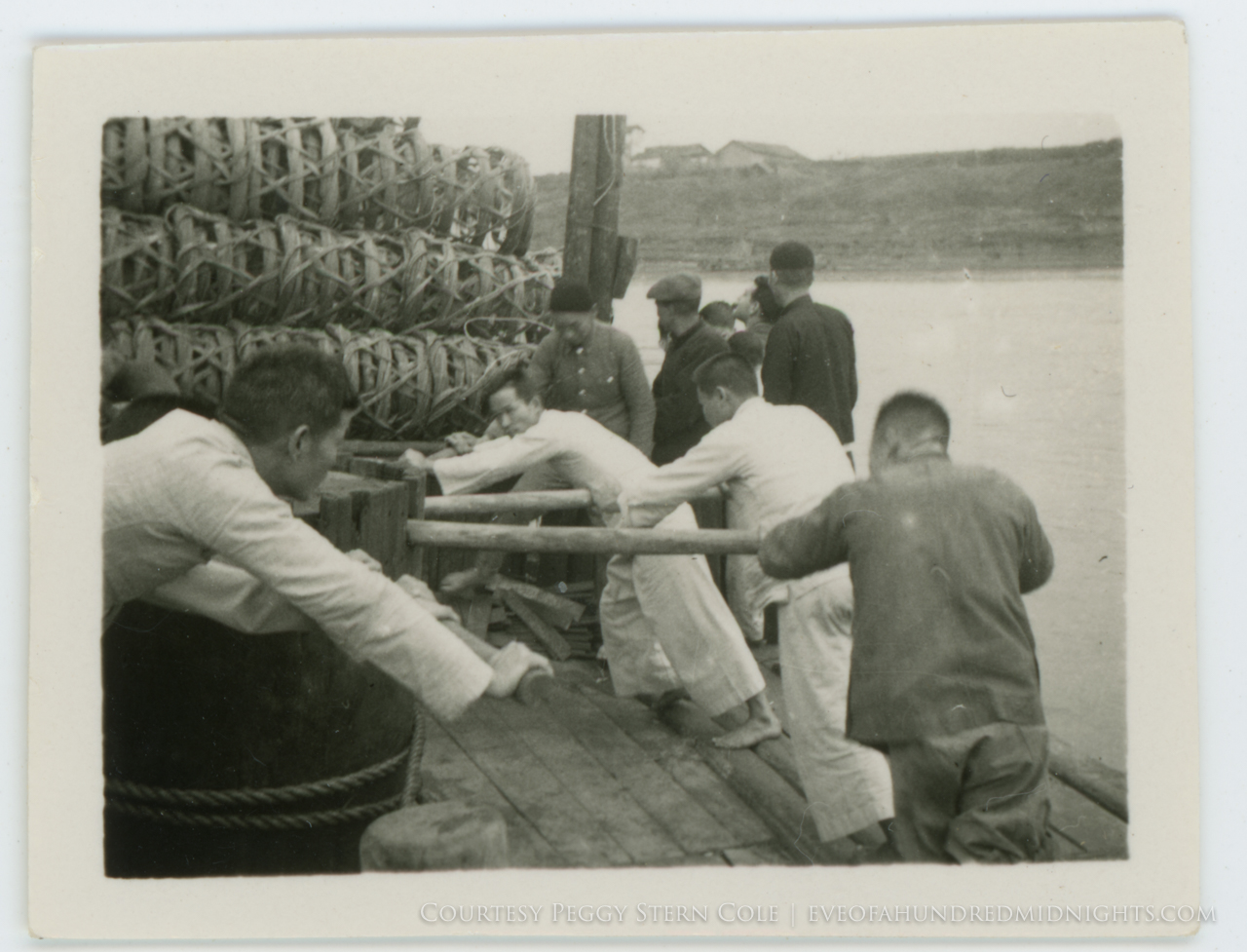
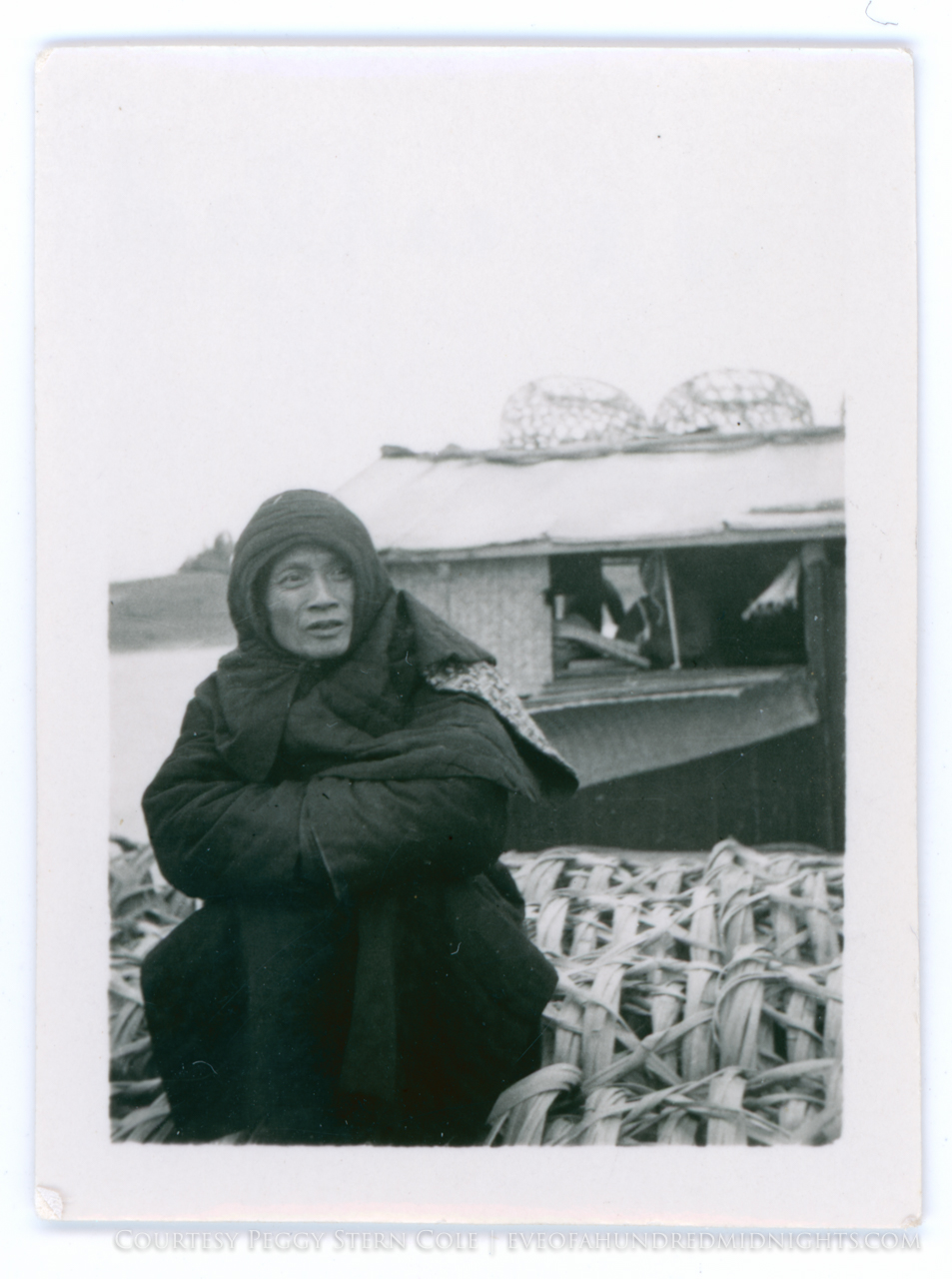
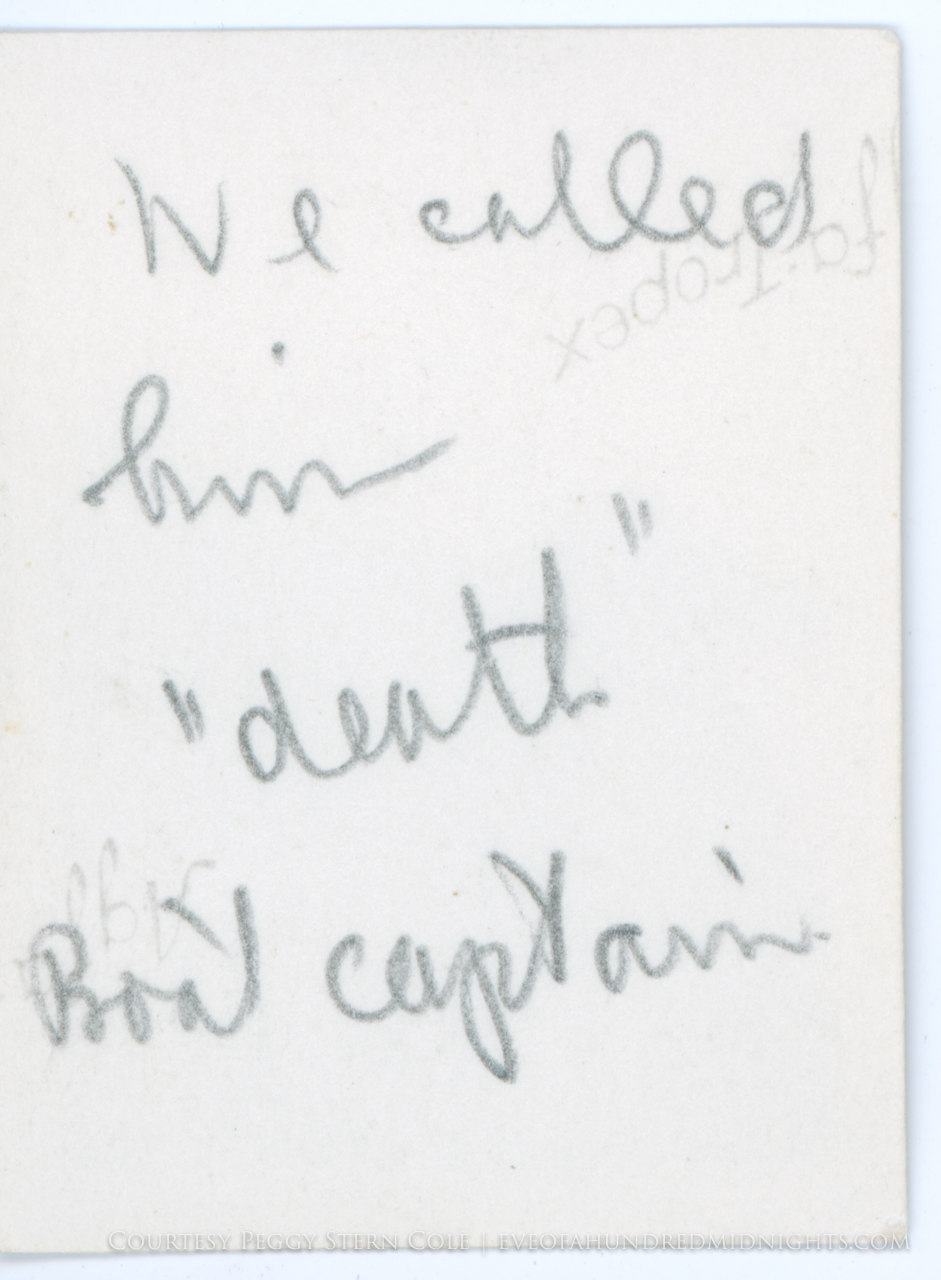
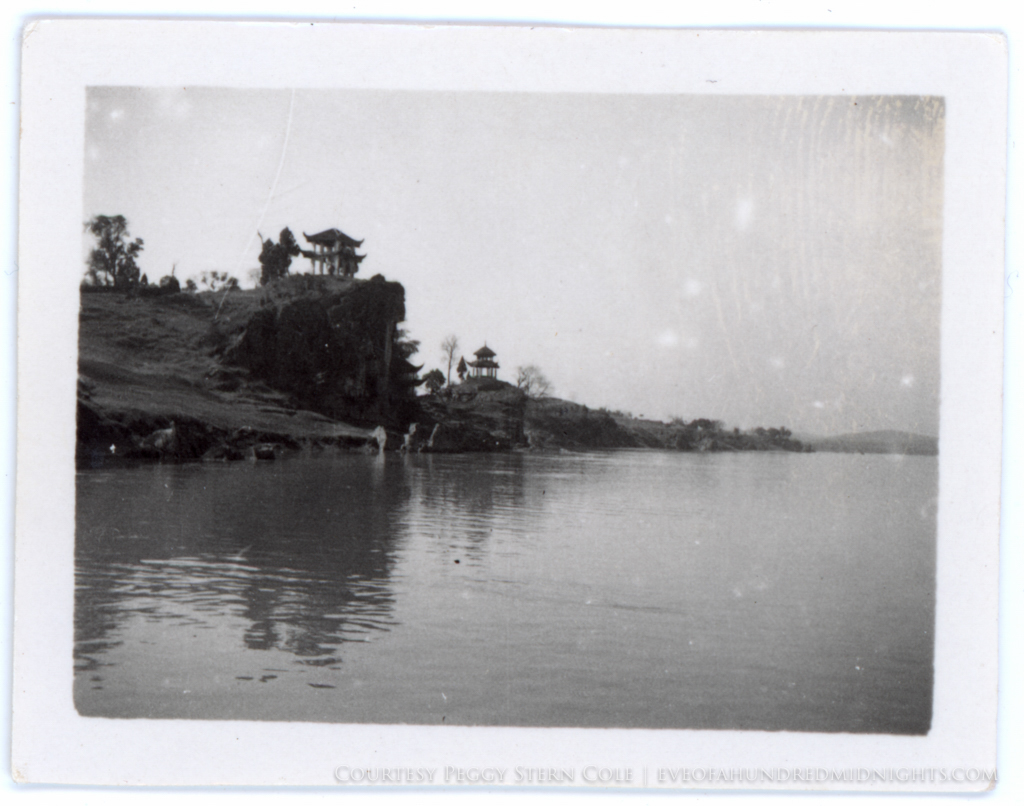
![Barefoot Soldiers [Likely in Guangxi].jpg](https://images.squarespace-cdn.com/content/v1/51db1d79e4b03e2f06324d97/1469736421060-PVFIHAKH8UZ7LHDC0OG3/Barefoot+Soldiers+%5BLikely+in+Guangxi%5D.jpg)
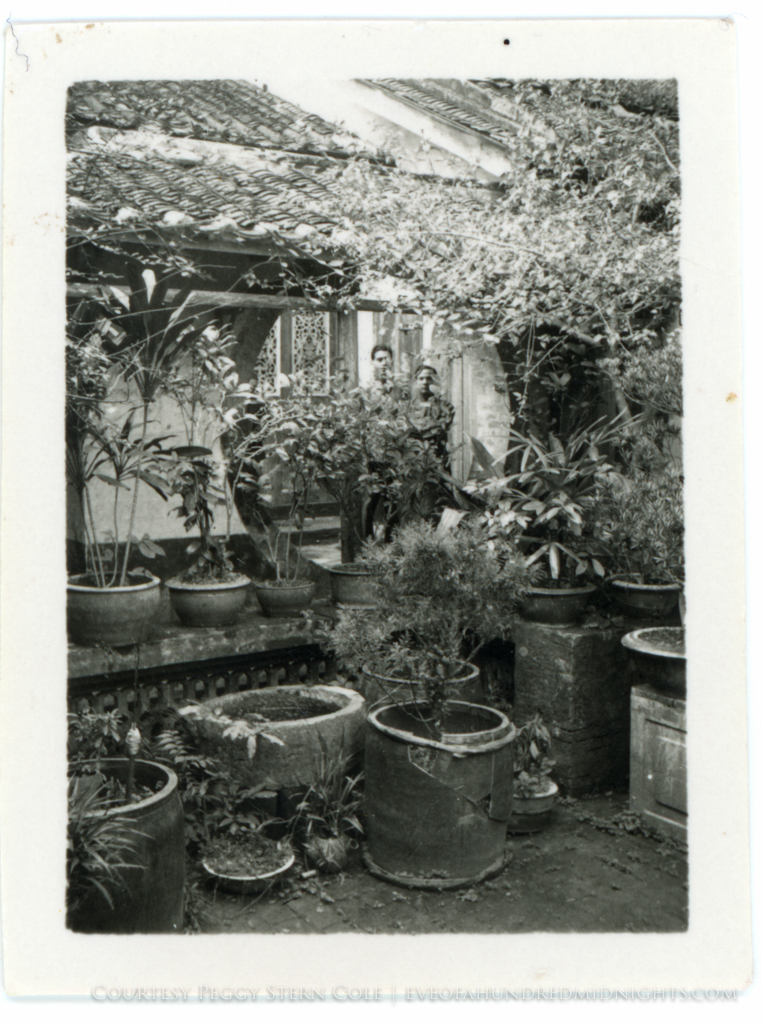
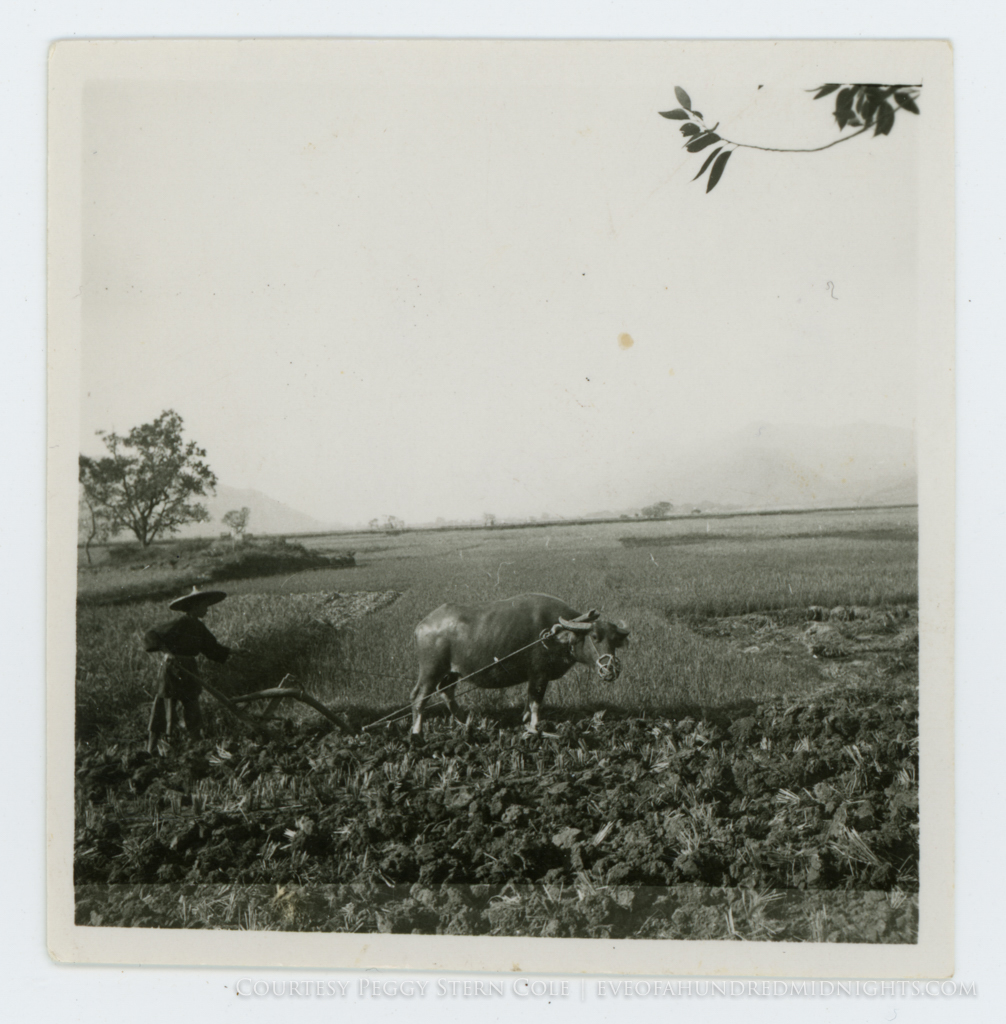
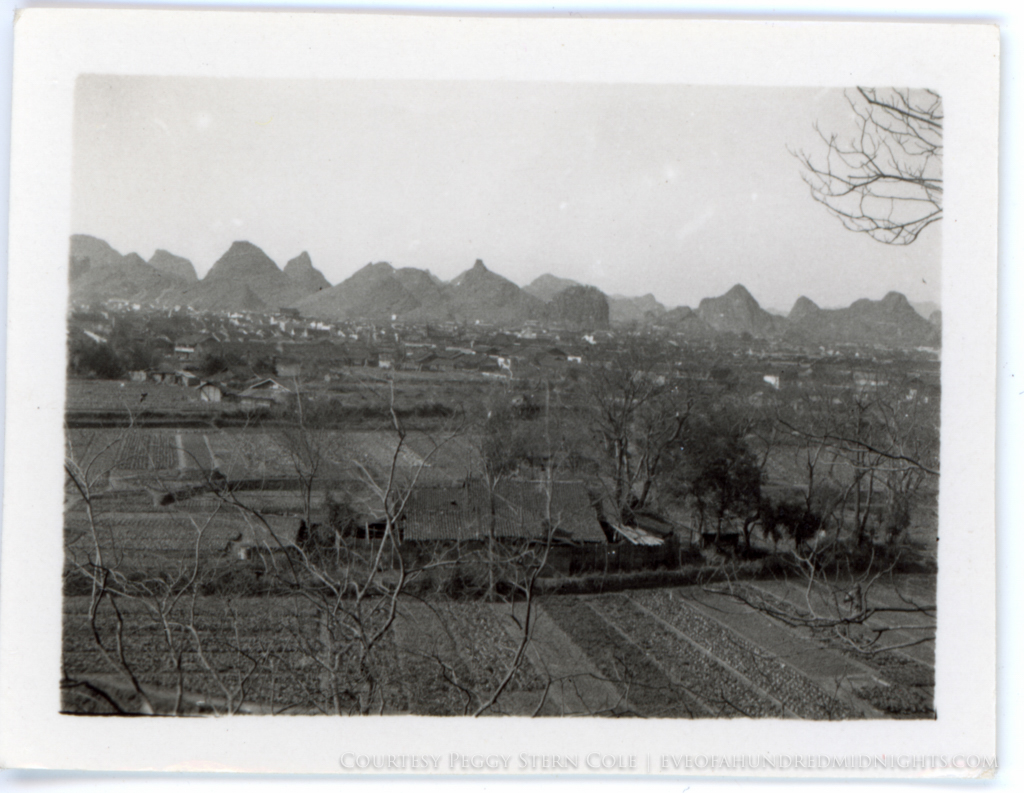
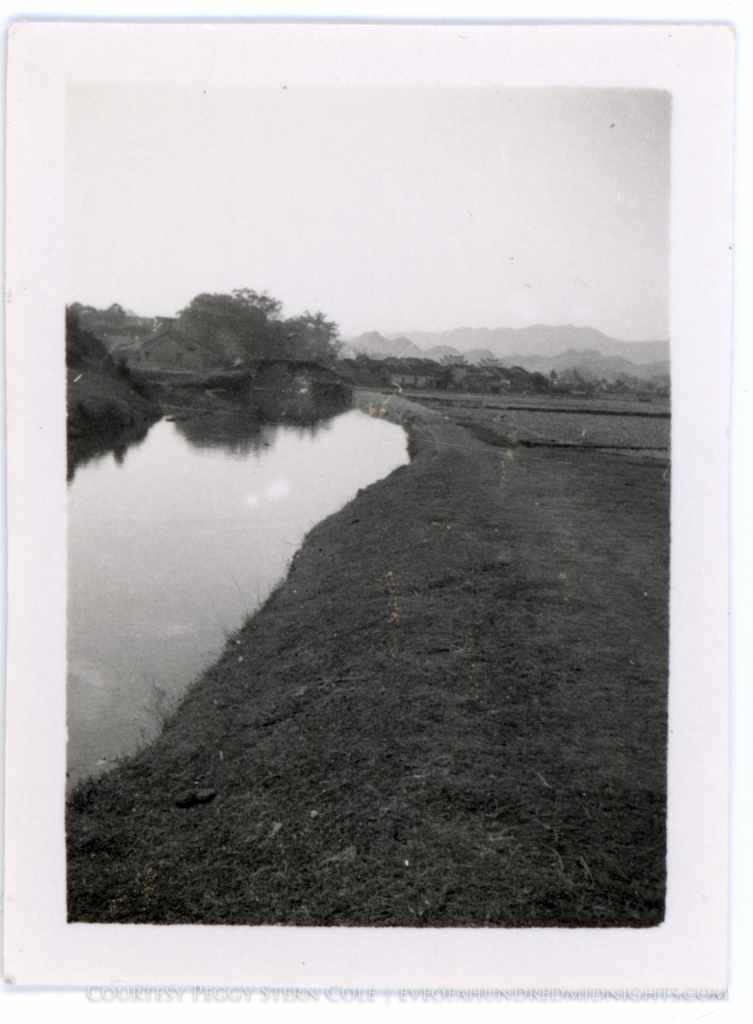
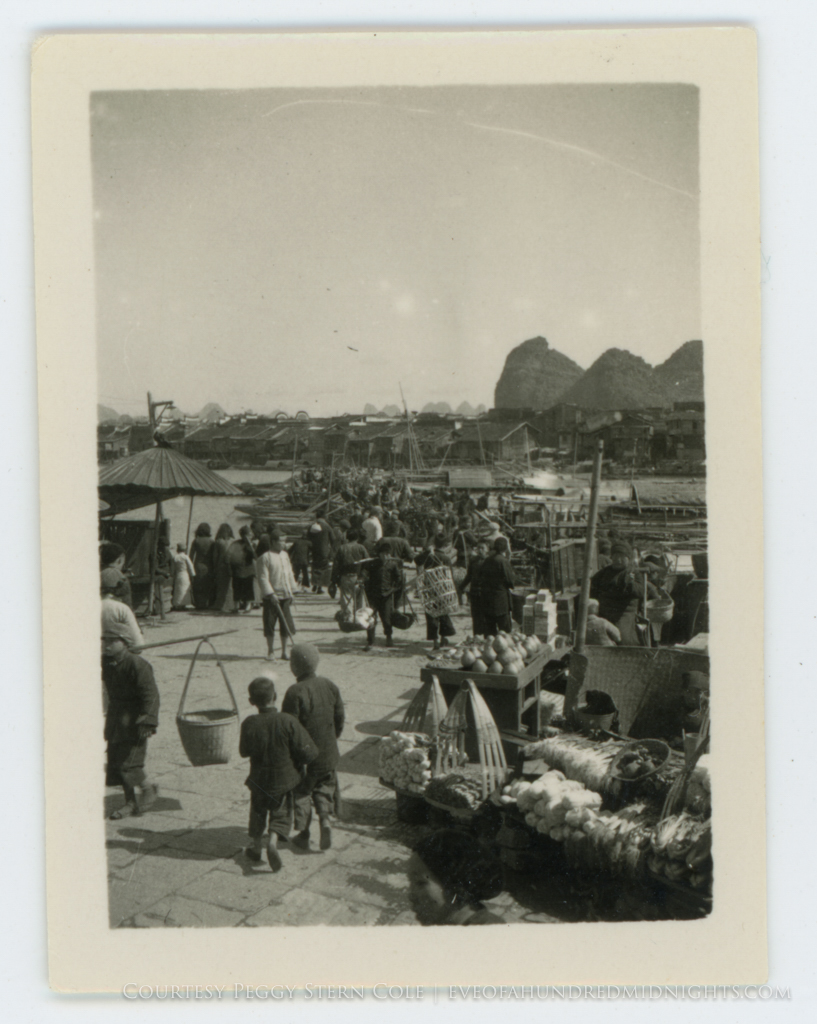
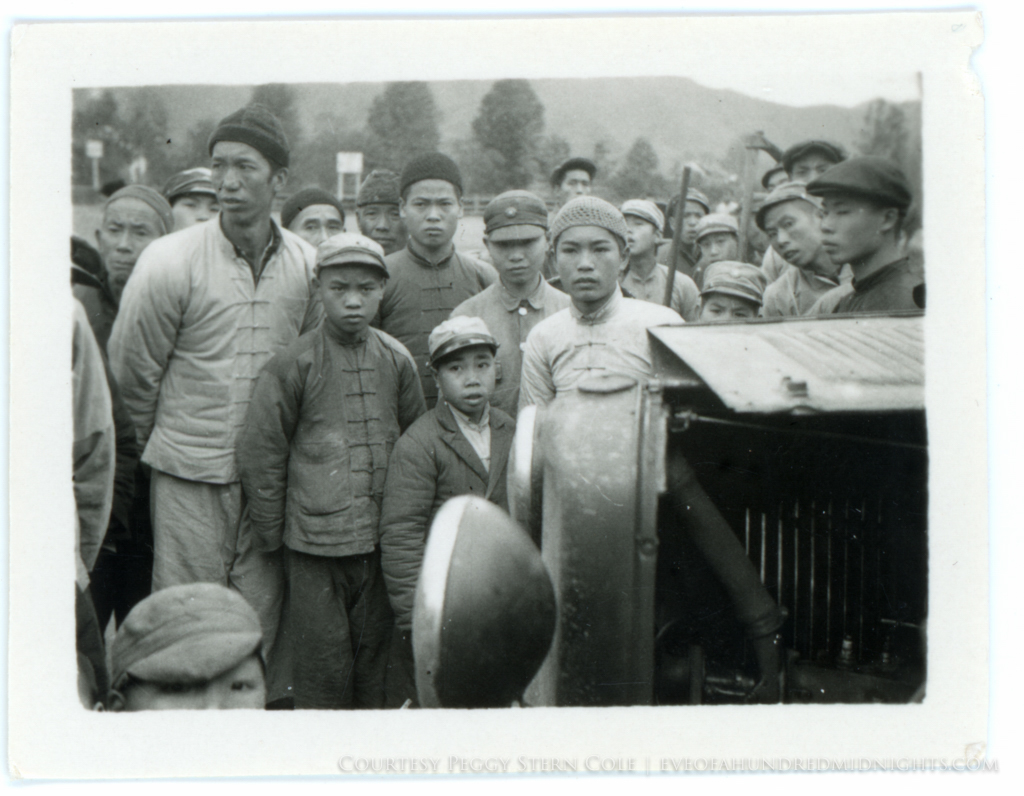
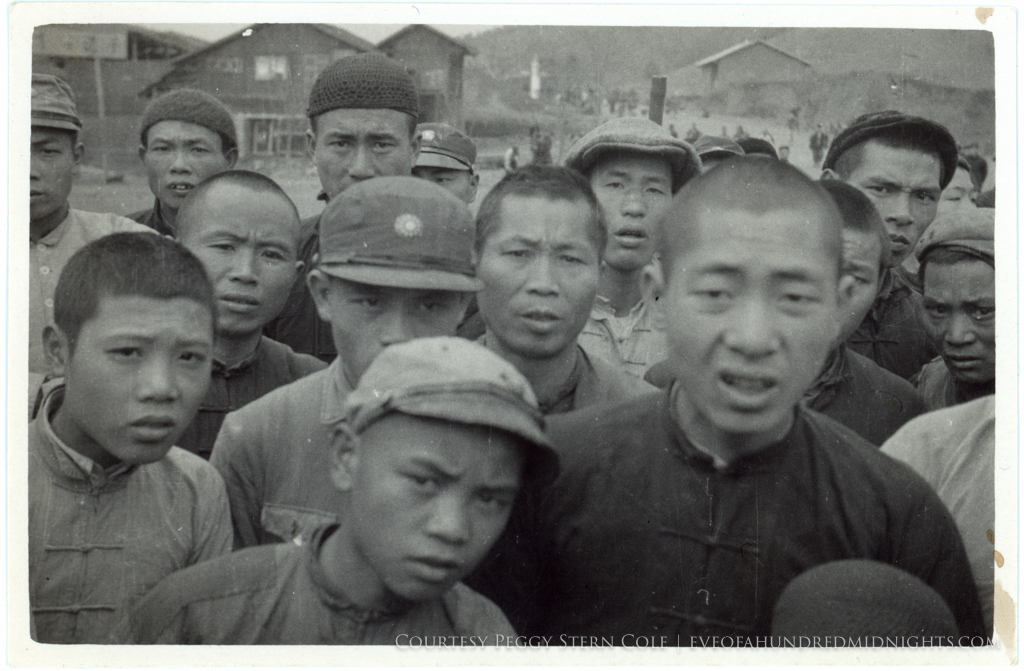
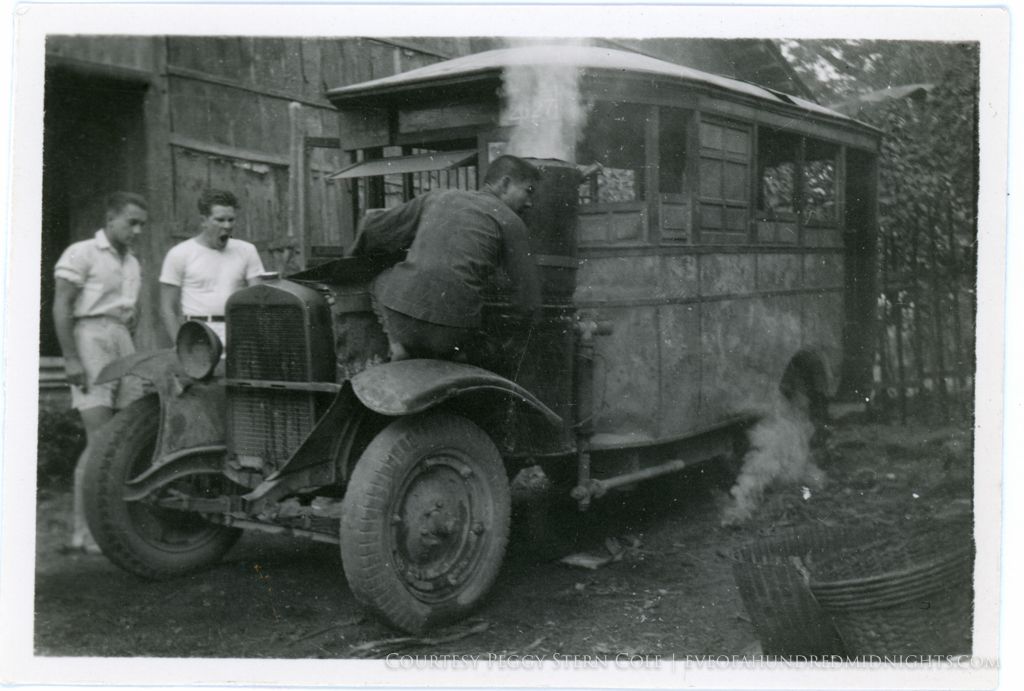
![Monastary Square Print [Front].jpg](https://images.squarespace-cdn.com/content/v1/51db1d79e4b03e2f06324d97/1469736494921-7LQSGLBD2S2Y7DXOI89W/Monastary+Square+Print+%5BFront%5D.jpg)
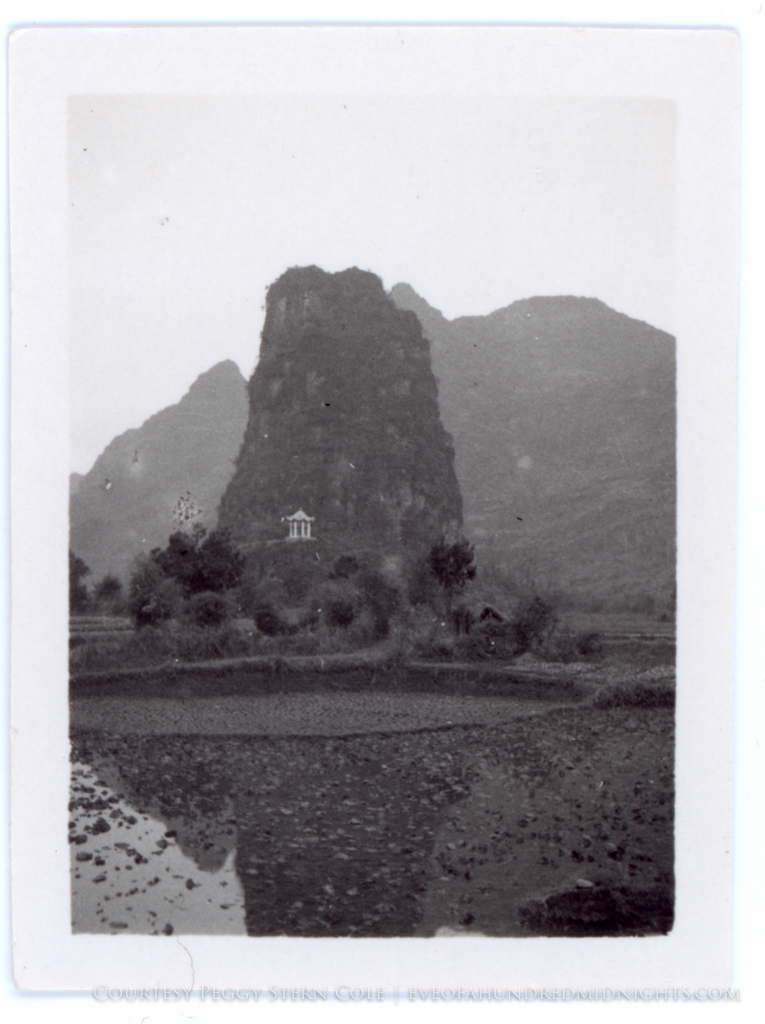
![Street Scene in Kulangsu [Front].jpg](https://images.squarespace-cdn.com/content/v1/51db1d79e4b03e2f06324d97/1473380912005-VMADU257LY8ASFINK1Y3/Street+Scene+in+Kulangsu+%5BFront%5D.jpg)
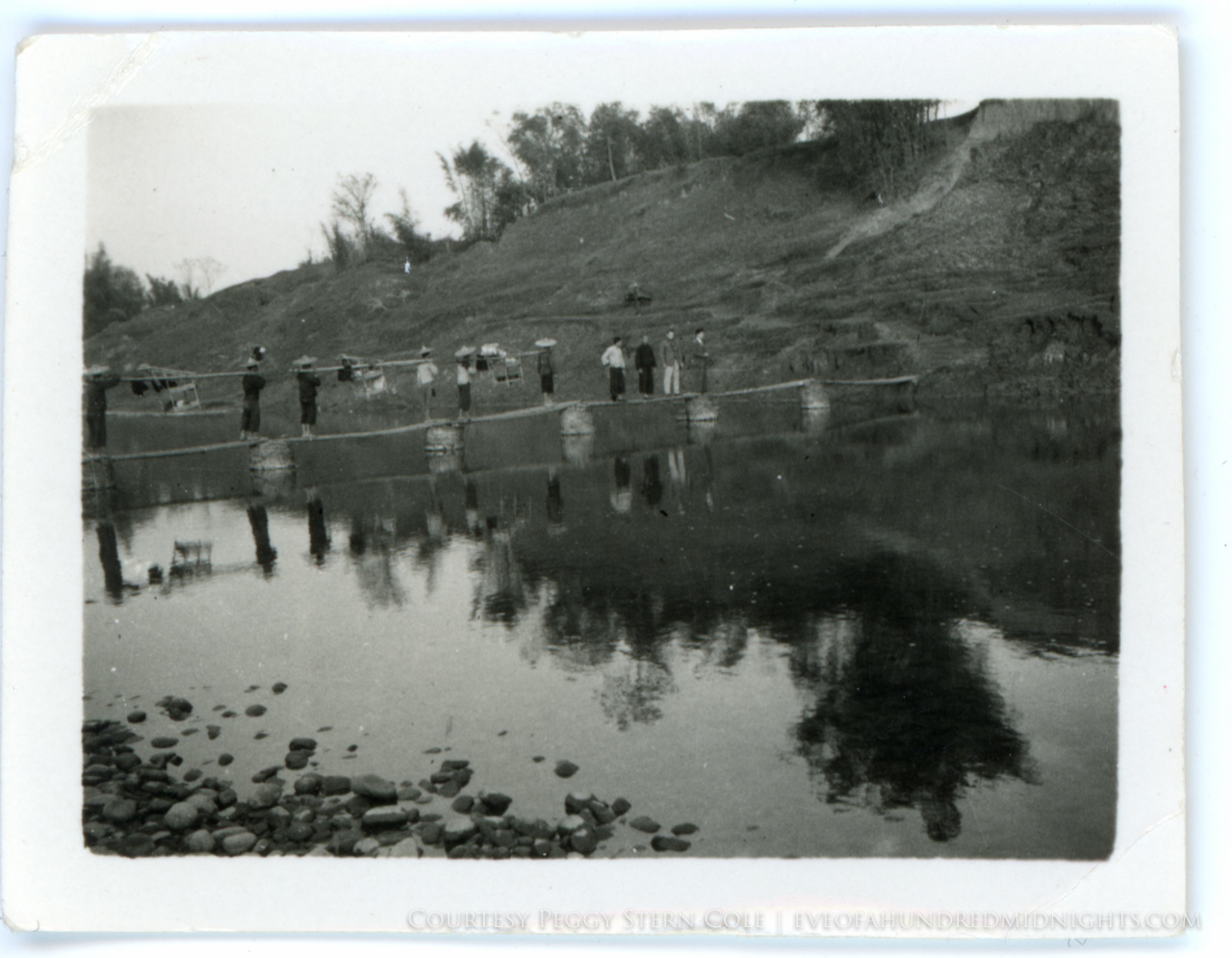
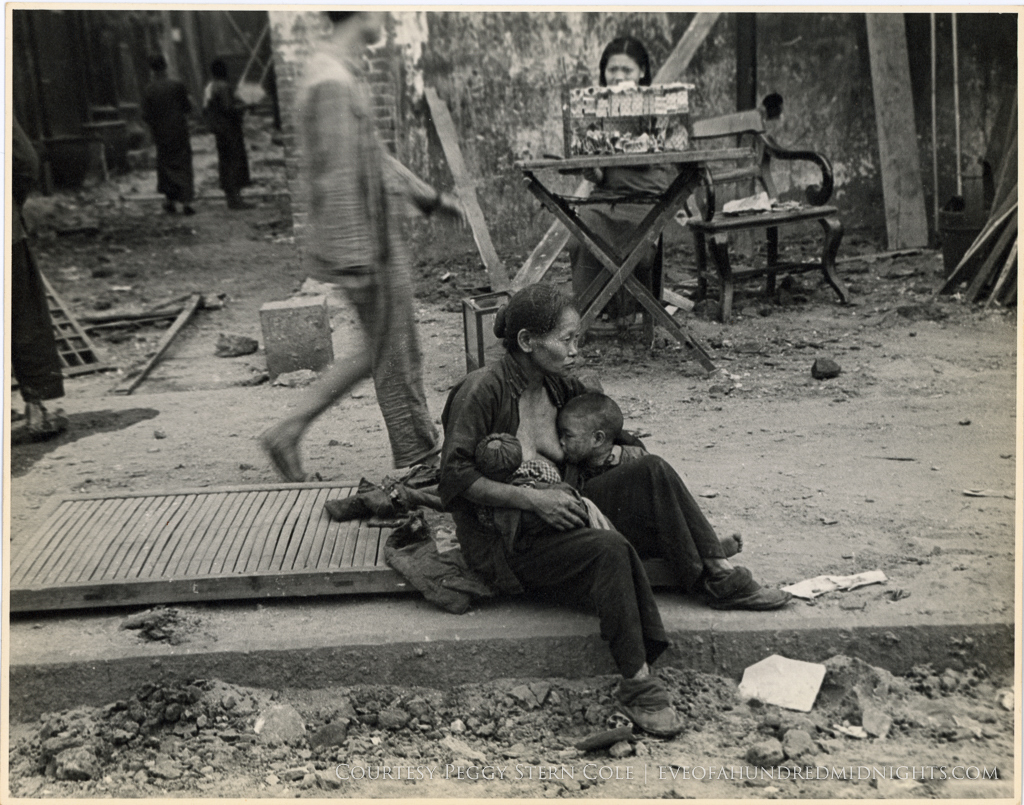
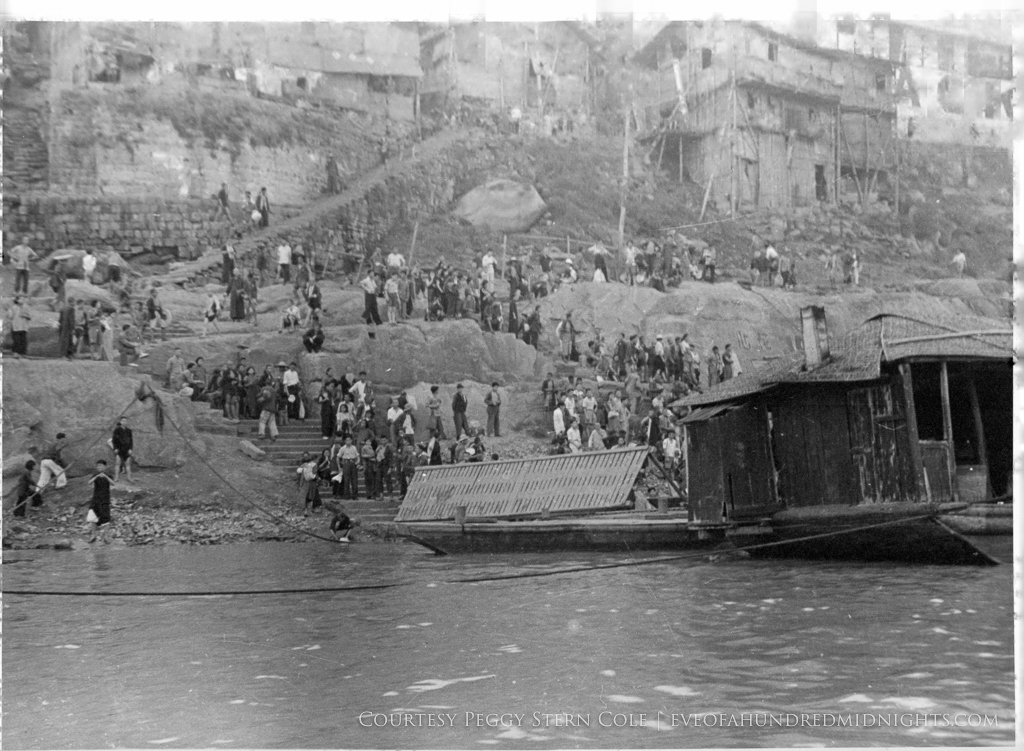
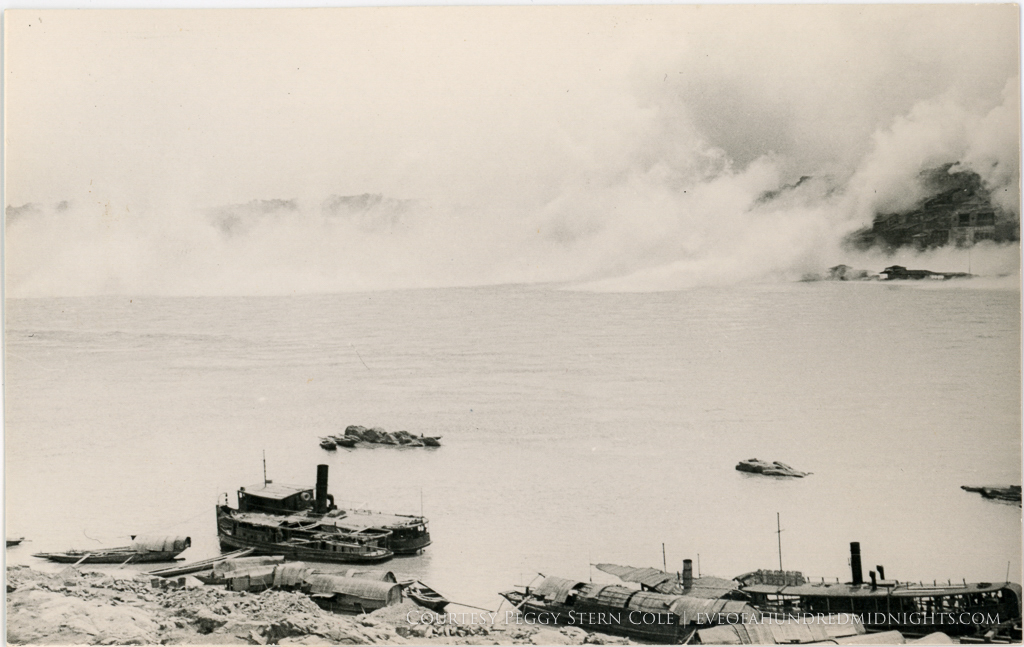
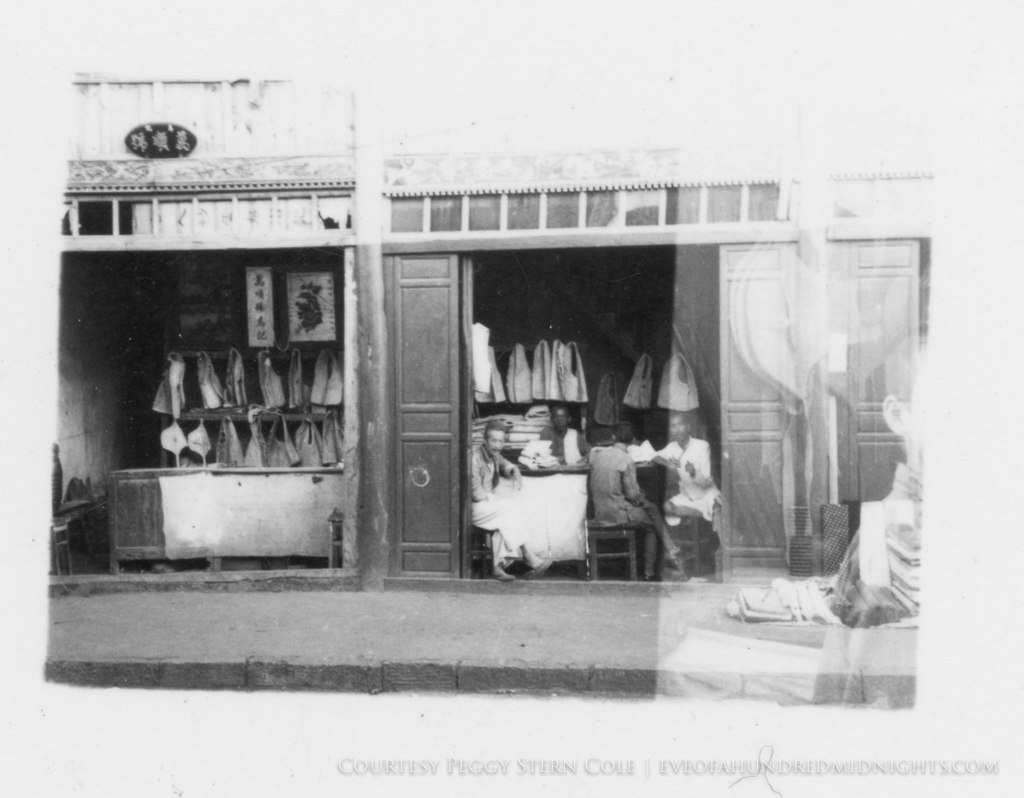
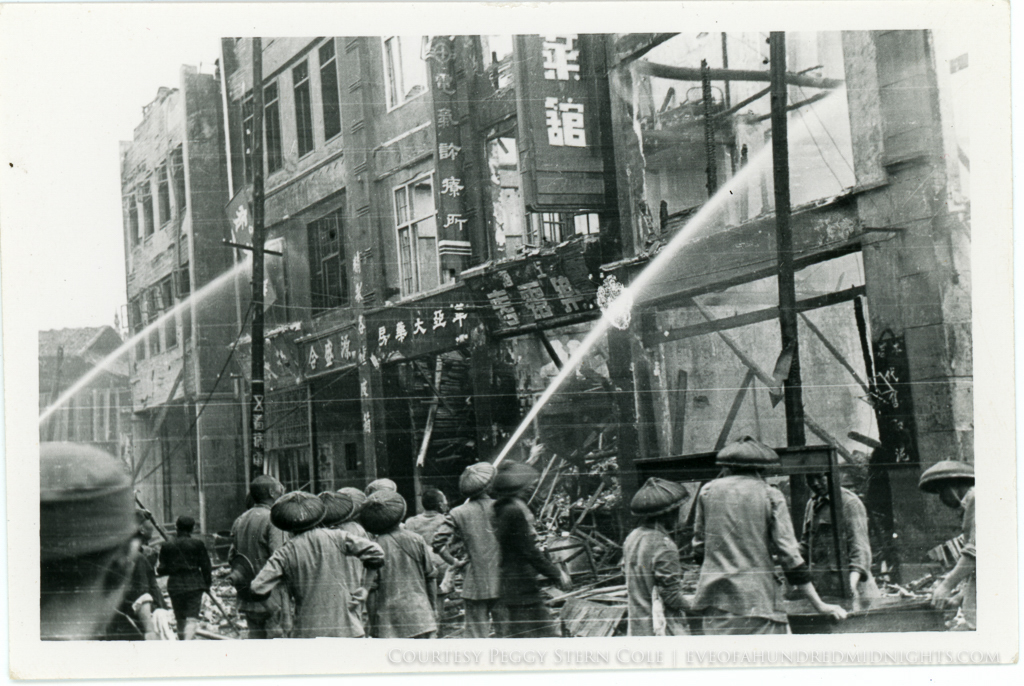
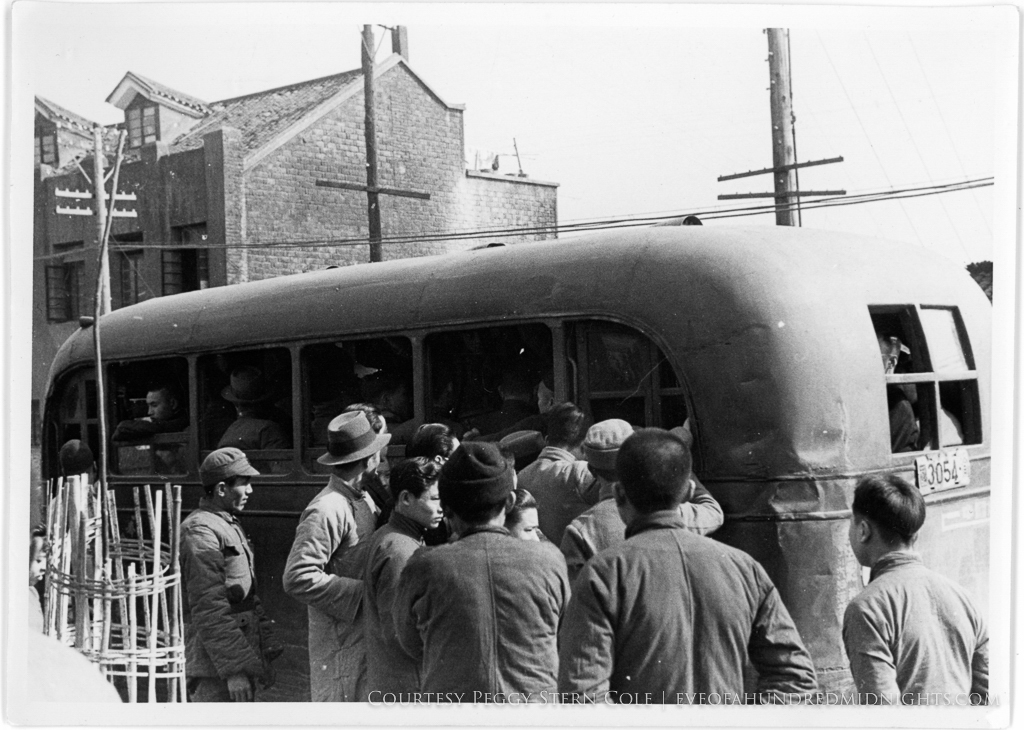
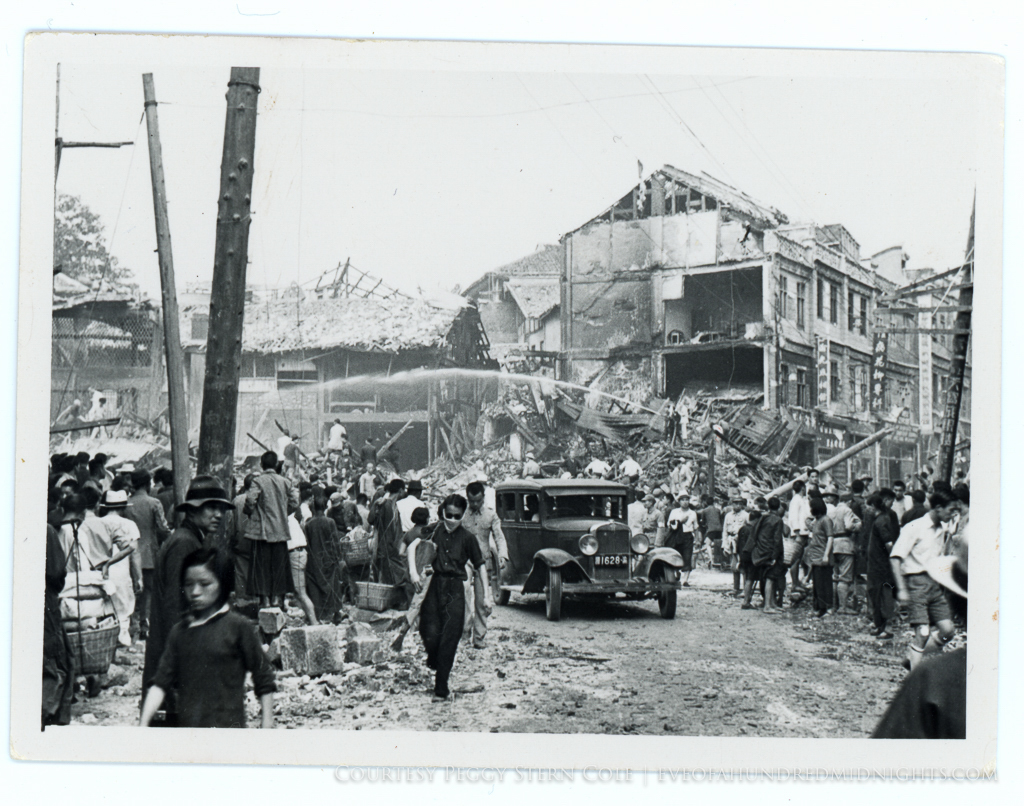
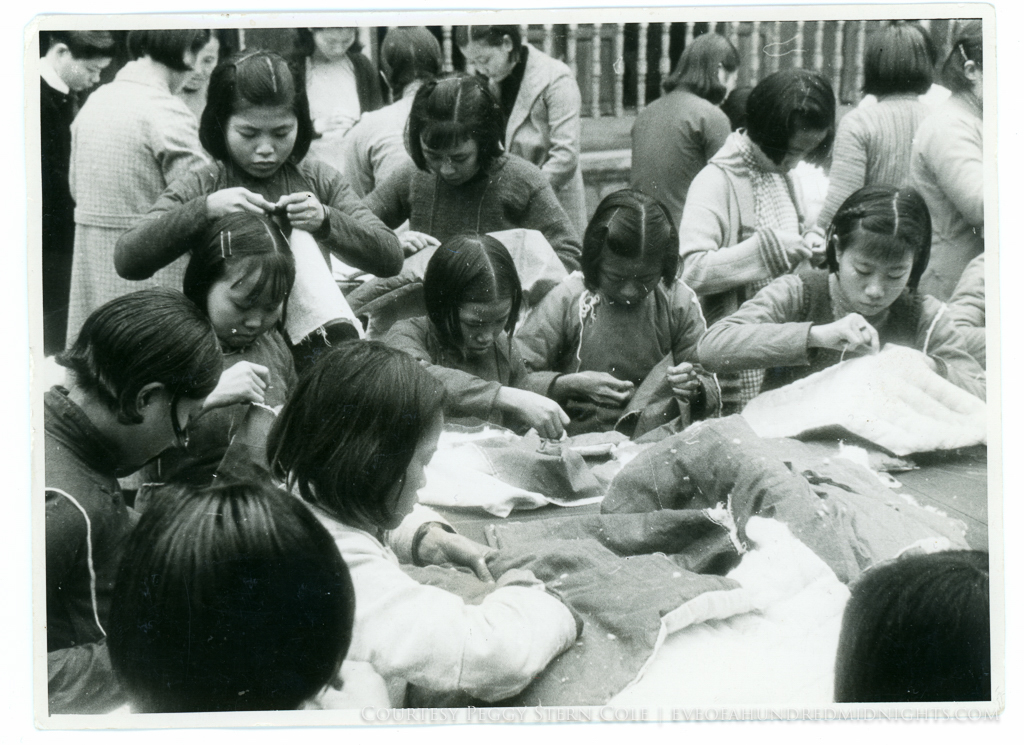
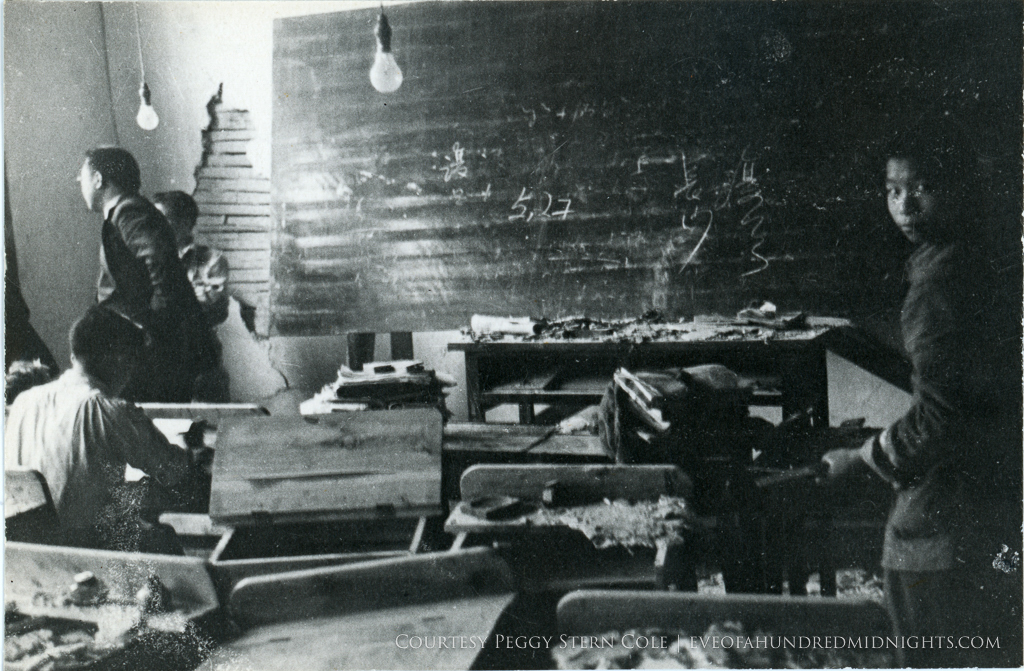
![Man on Donkey on Chungking steps [very good image].jpg](https://images.squarespace-cdn.com/content/v1/51db1d79e4b03e2f06324d97/1469649822066-D9BWG7FESO76DNZZDA1H/Man+on+Donkey+on+Chungking+steps+%5Bvery+good+image%5D.jpg)
